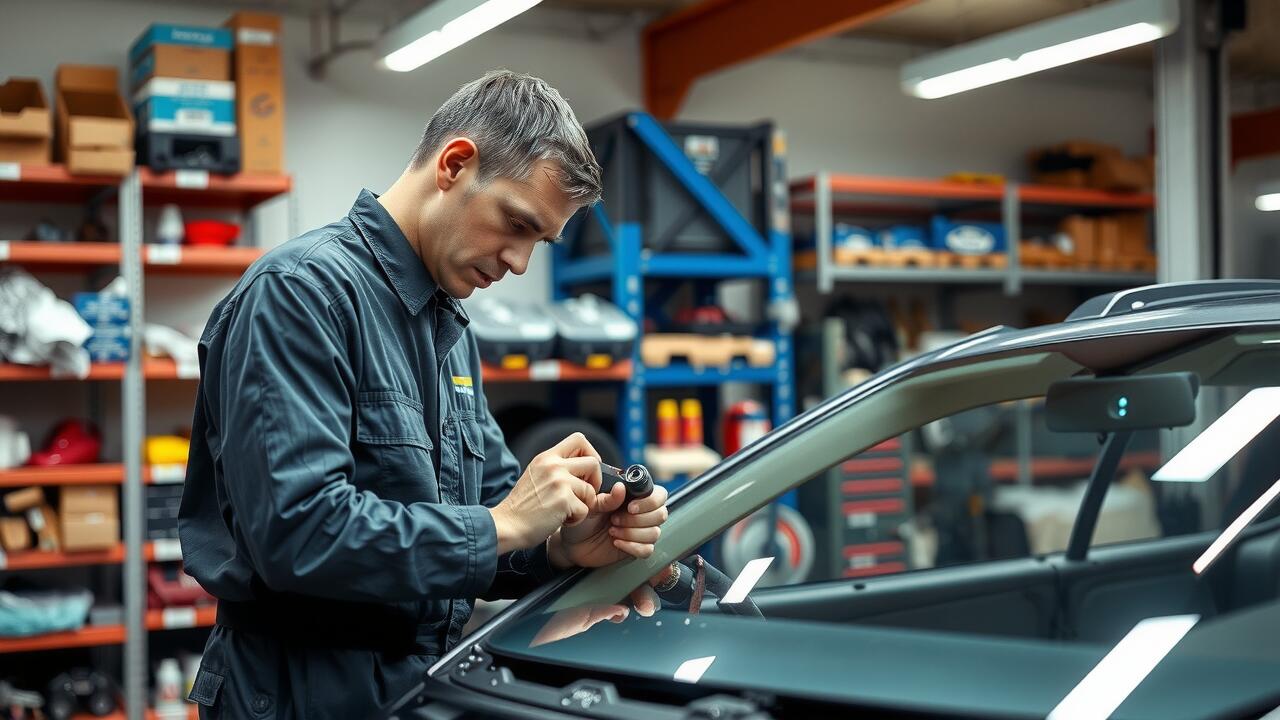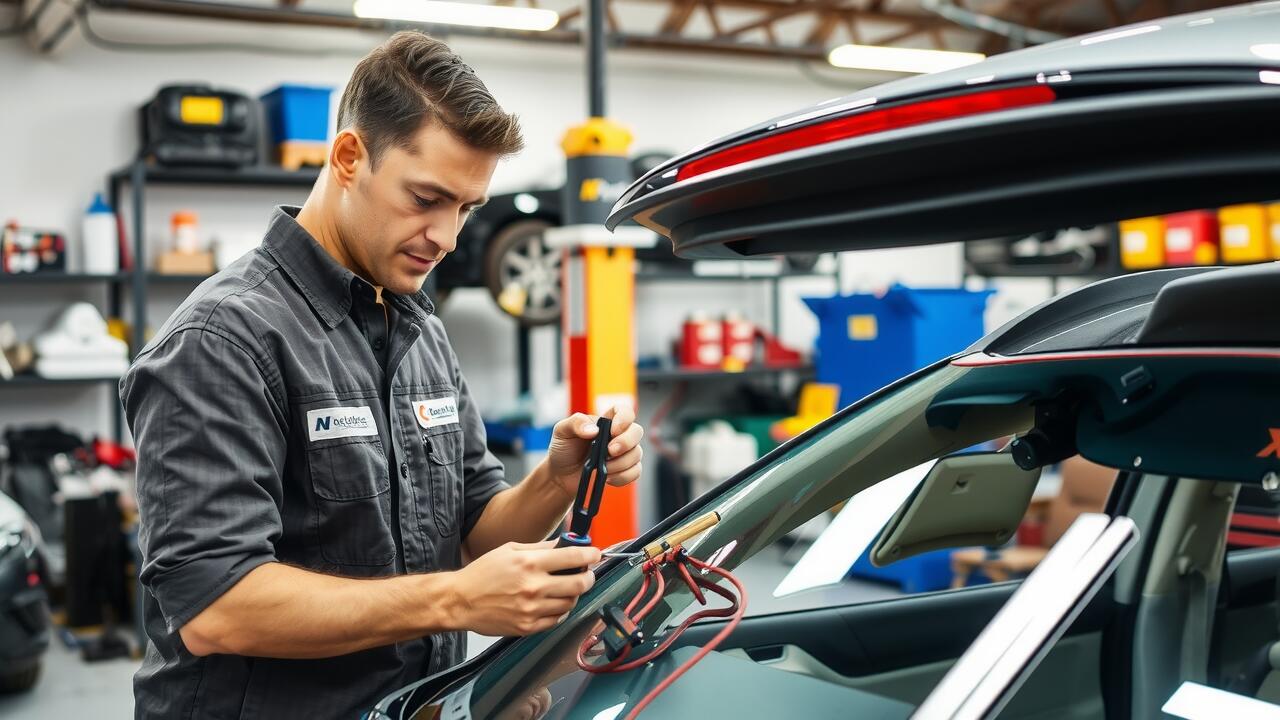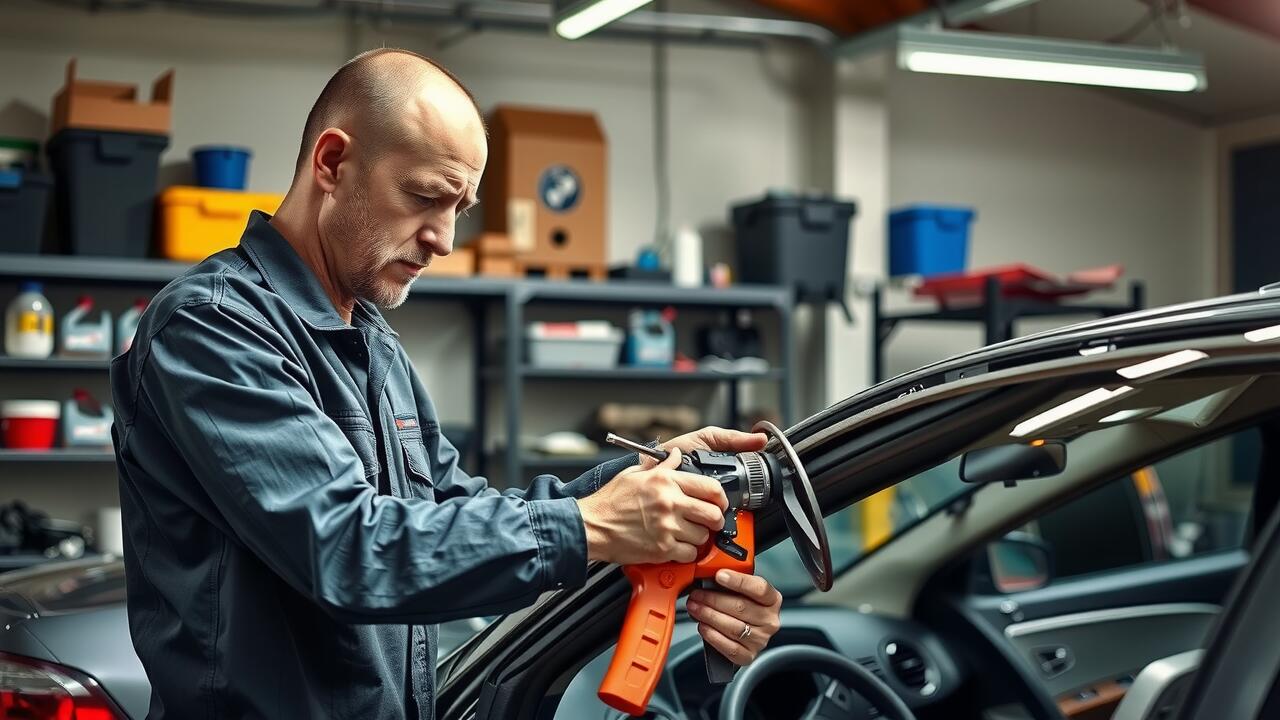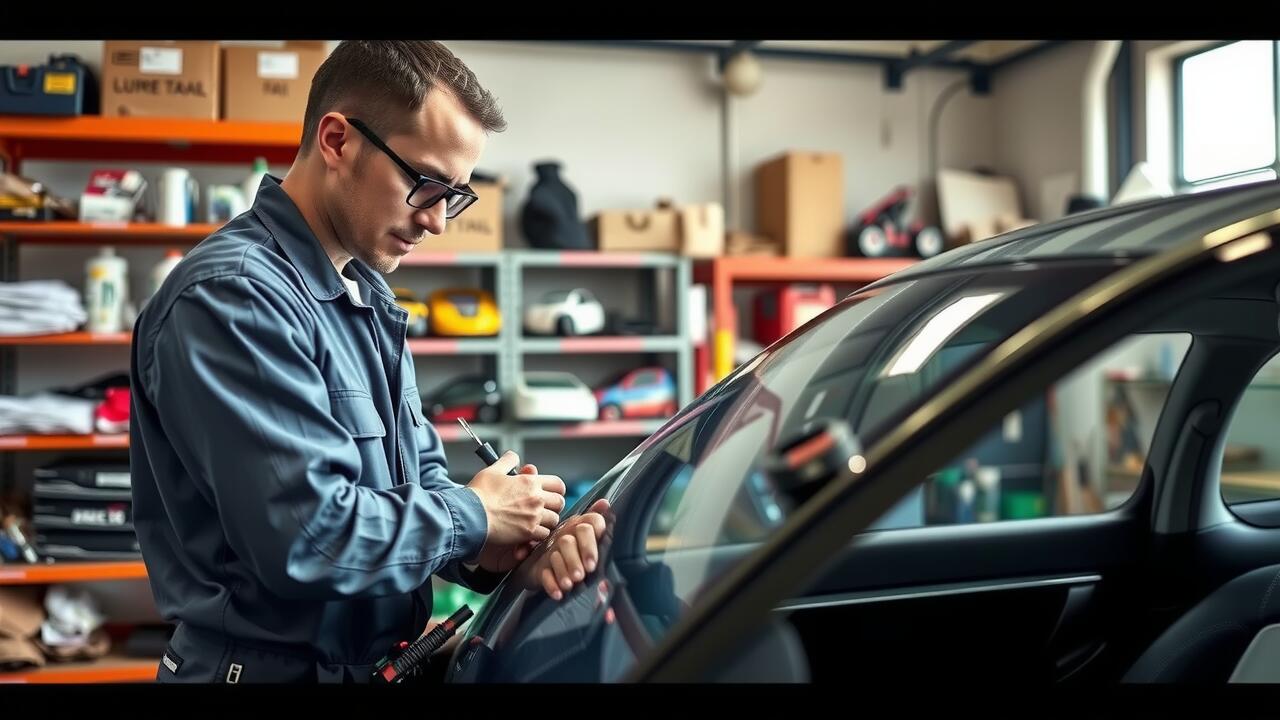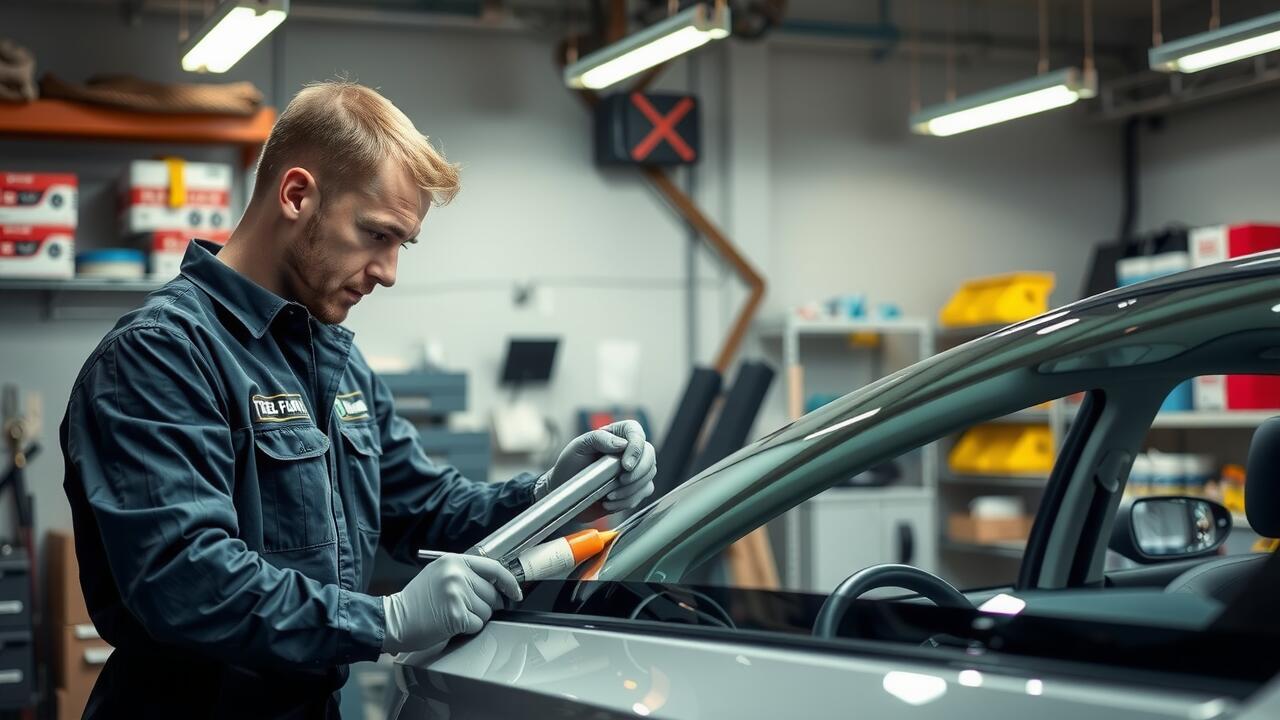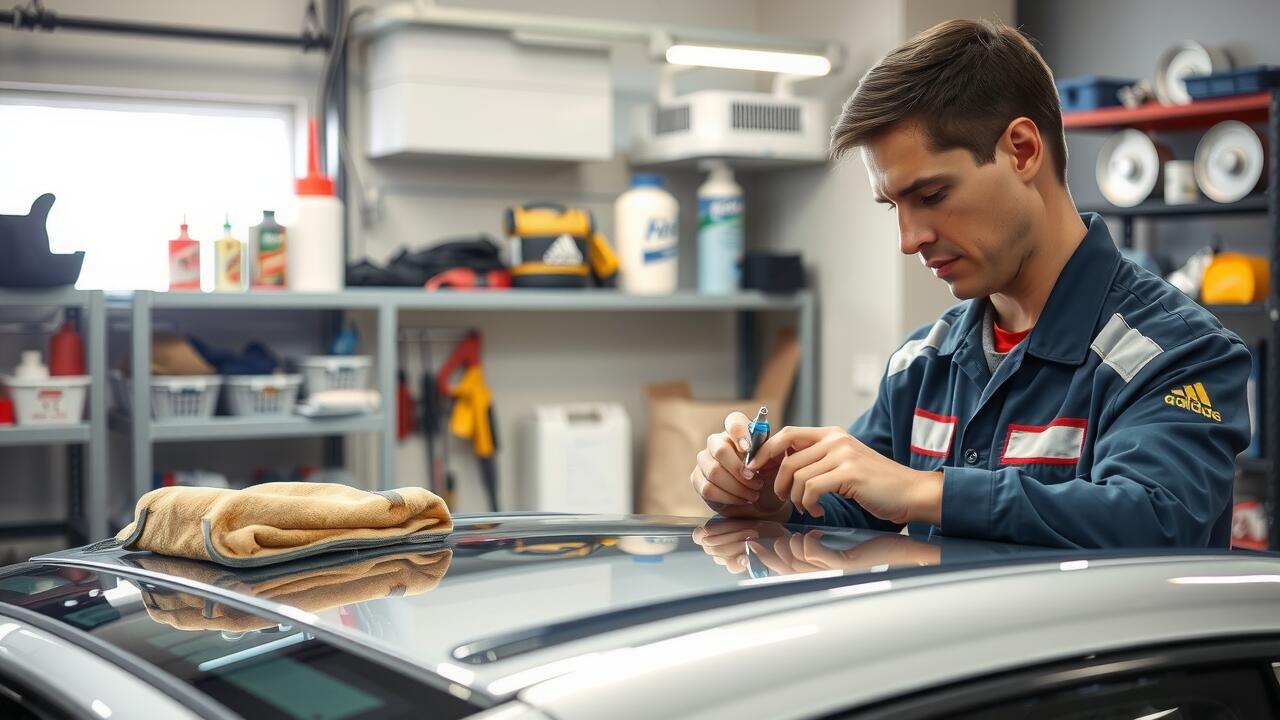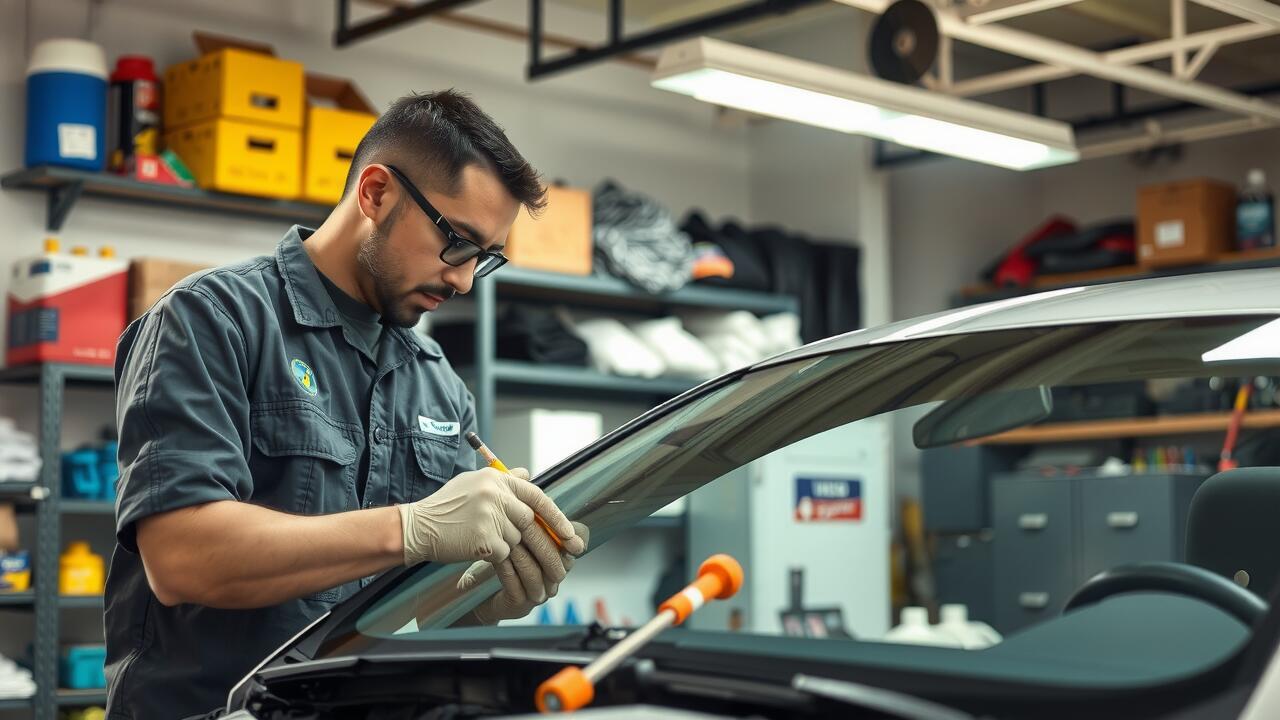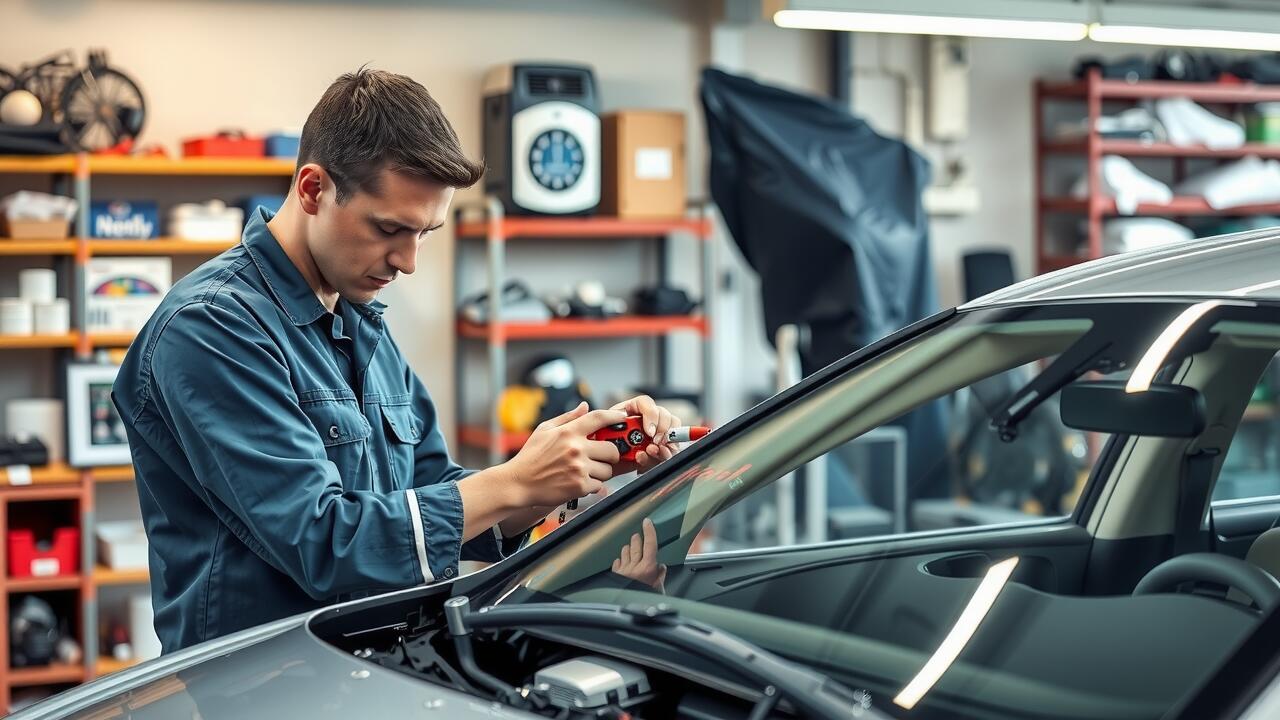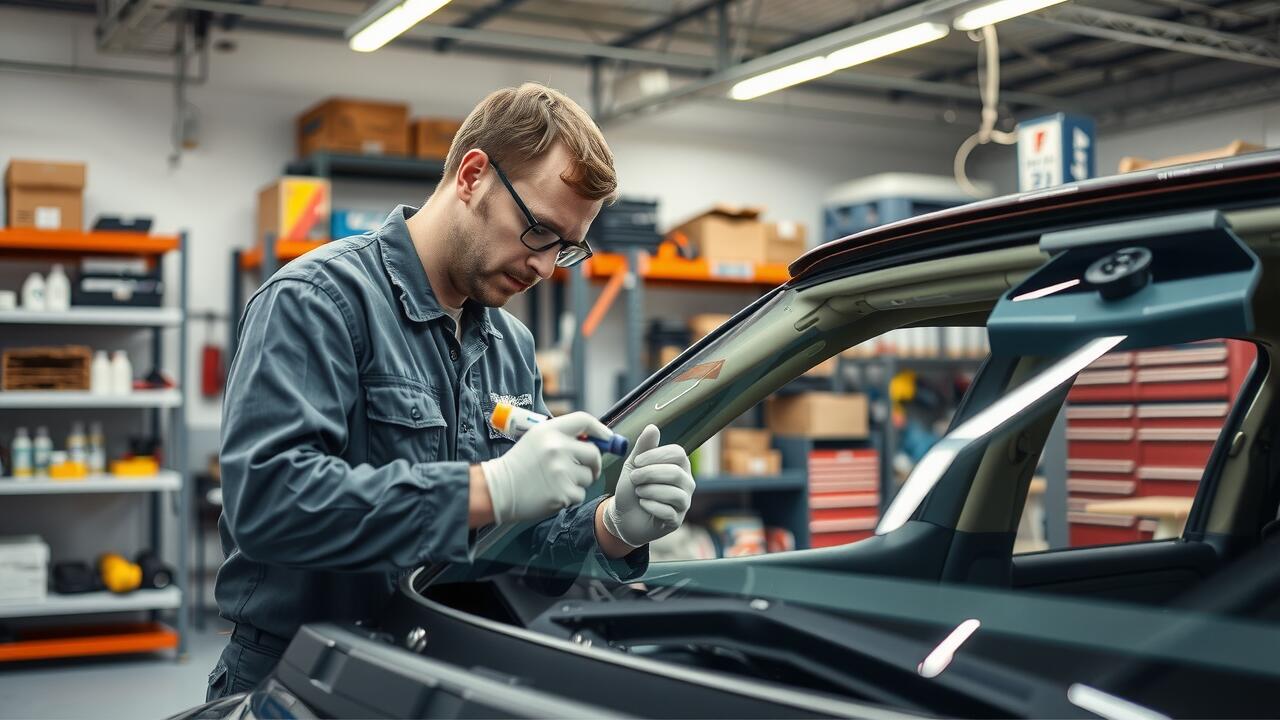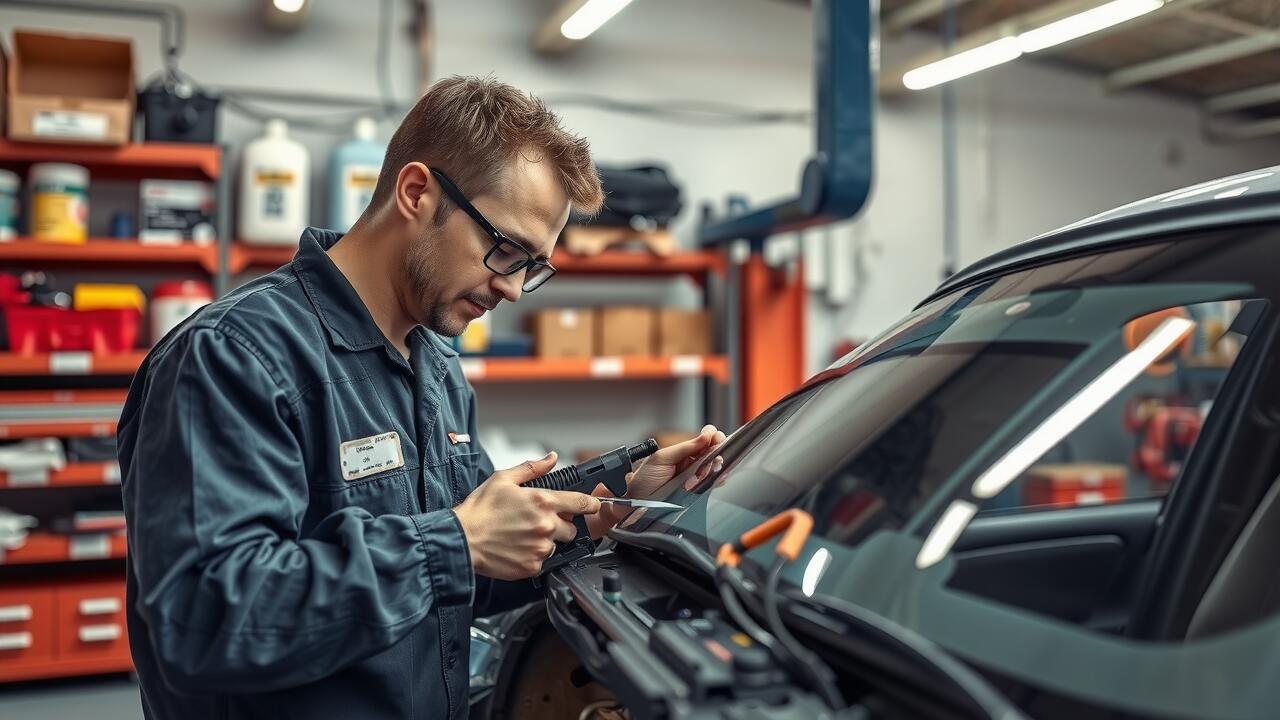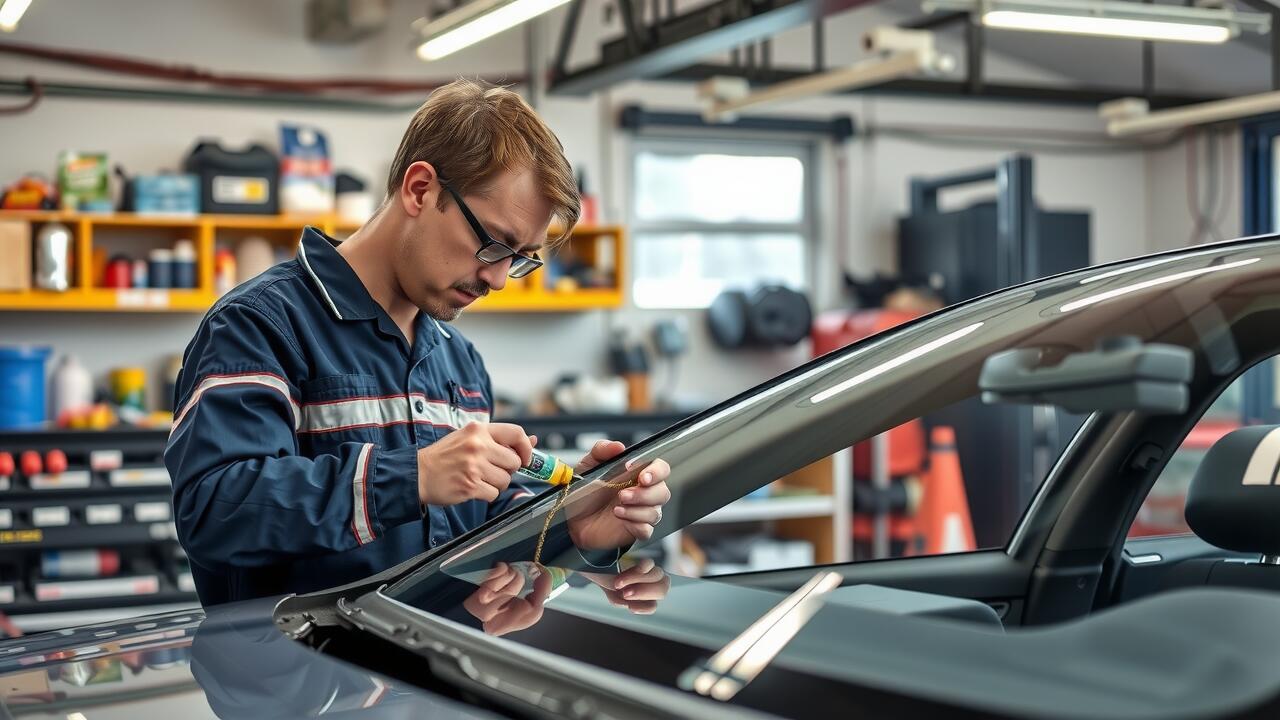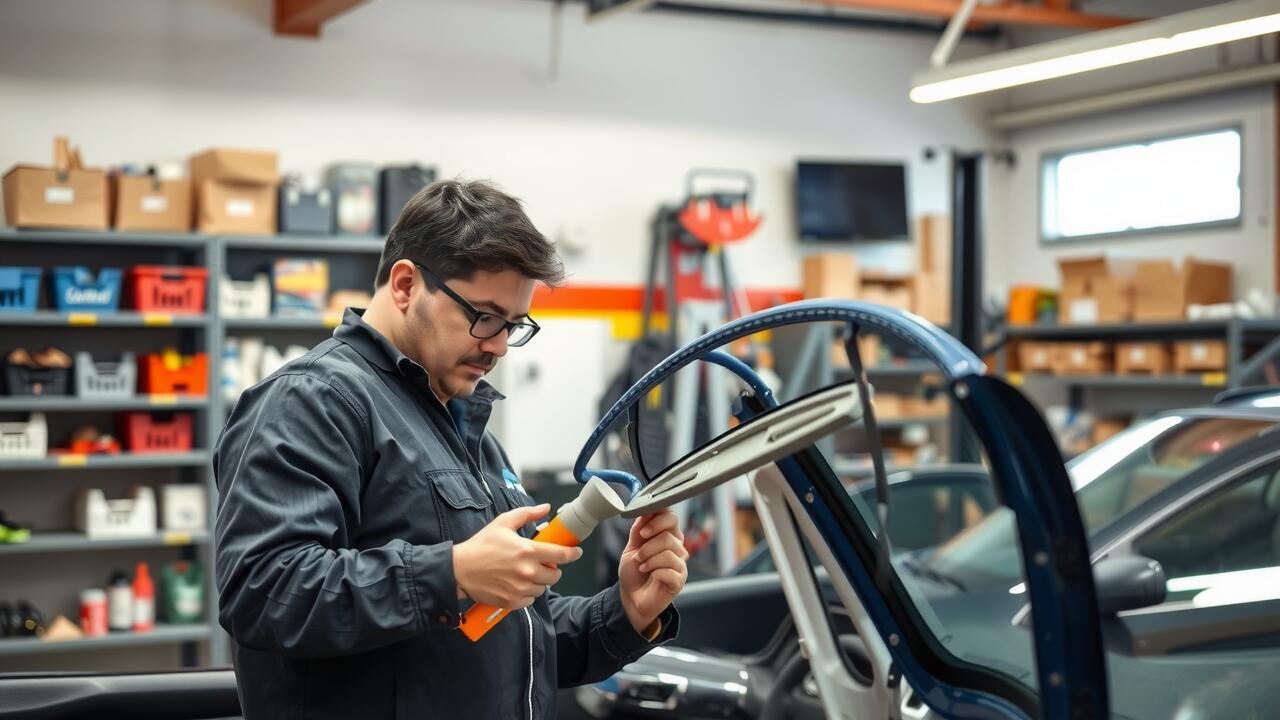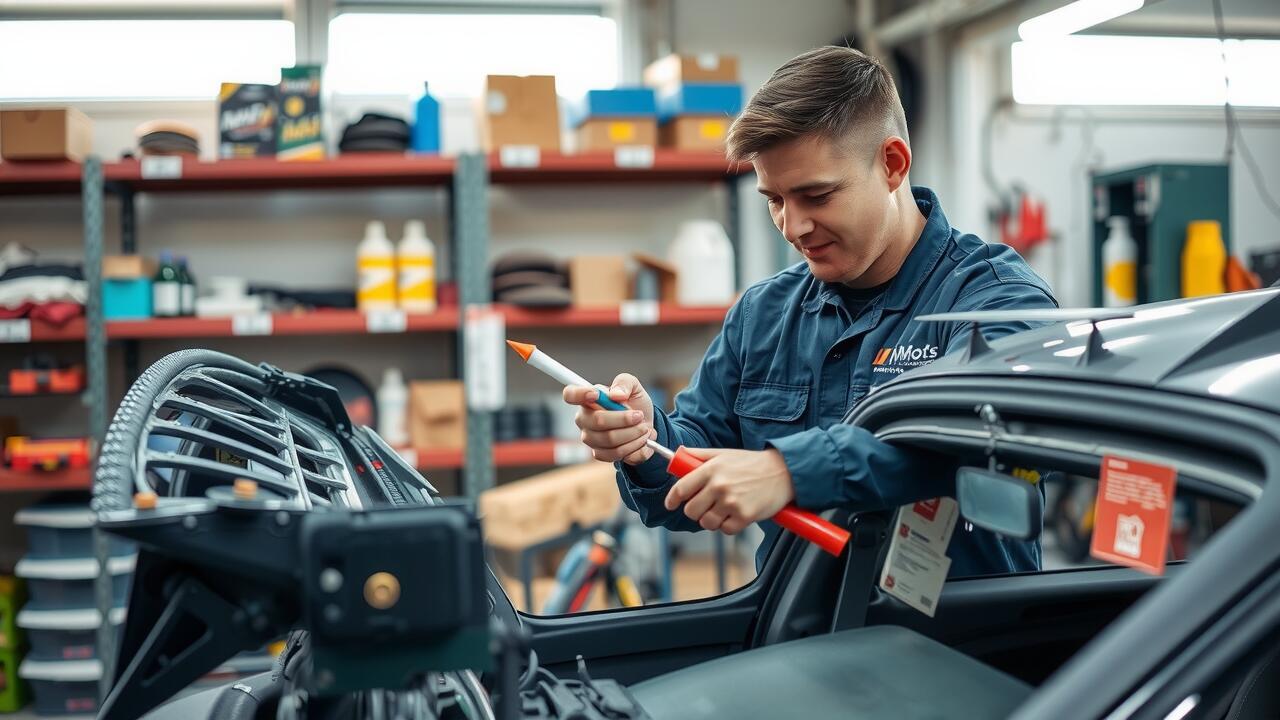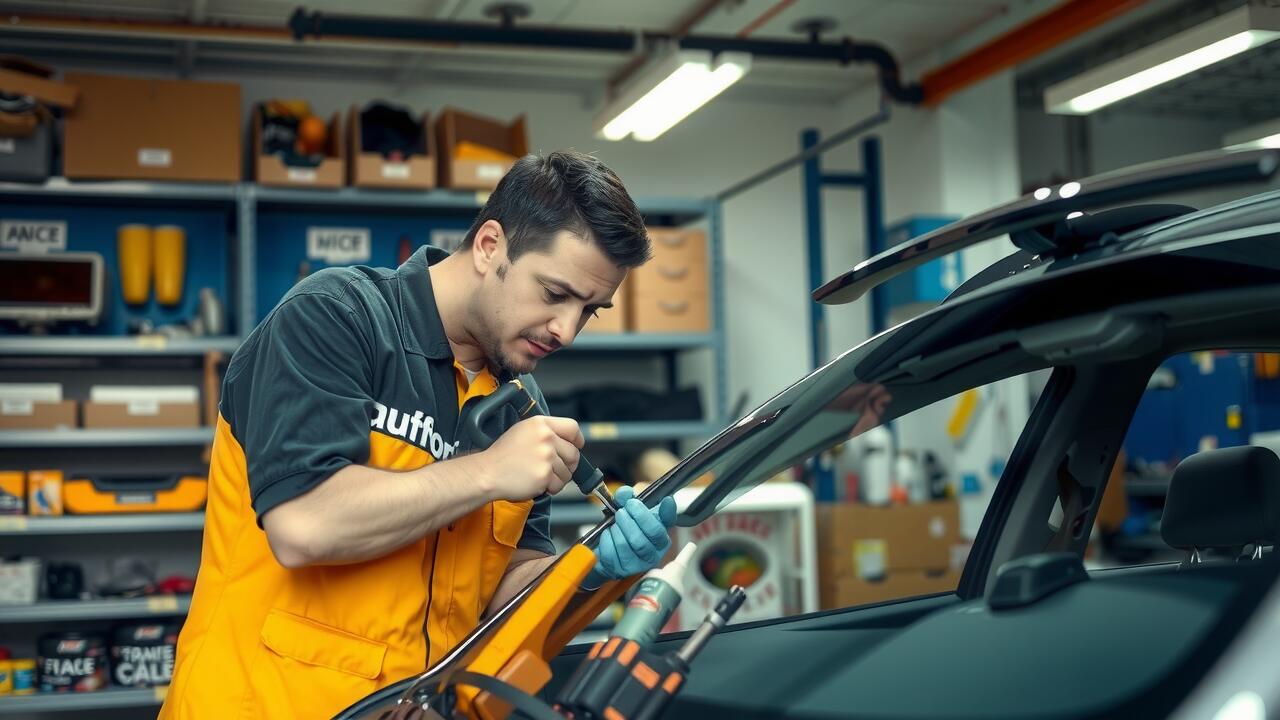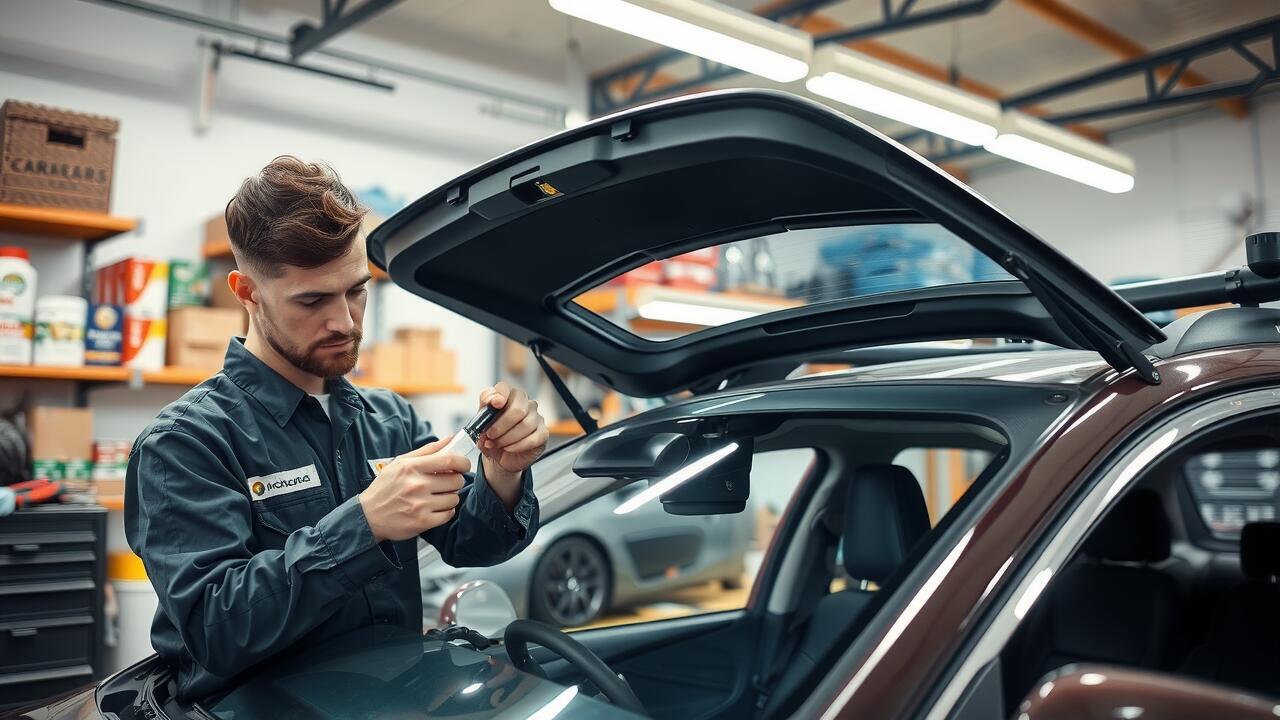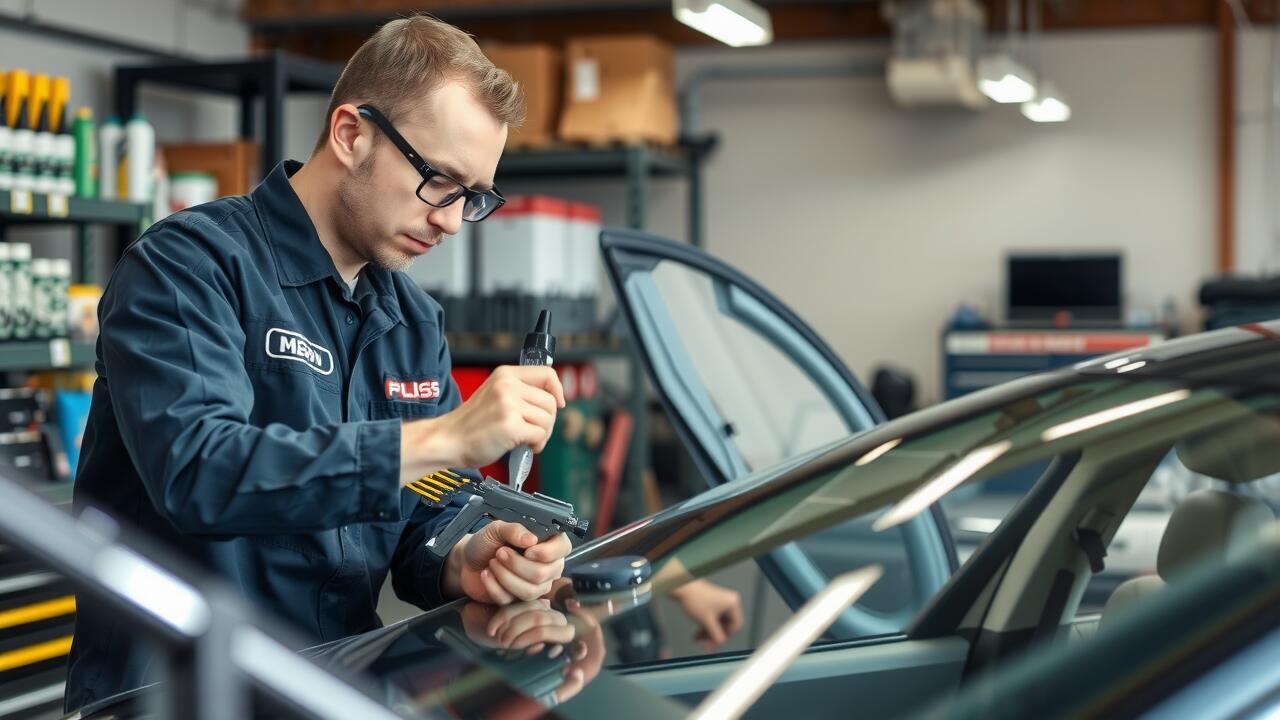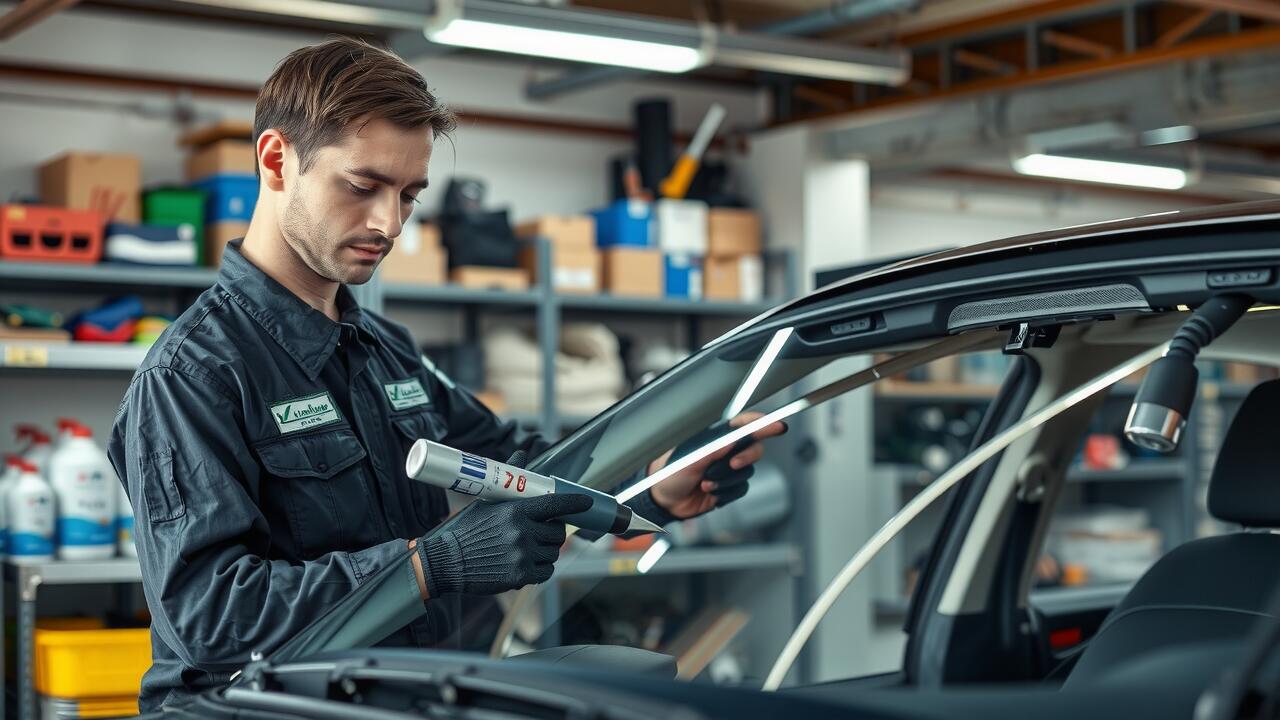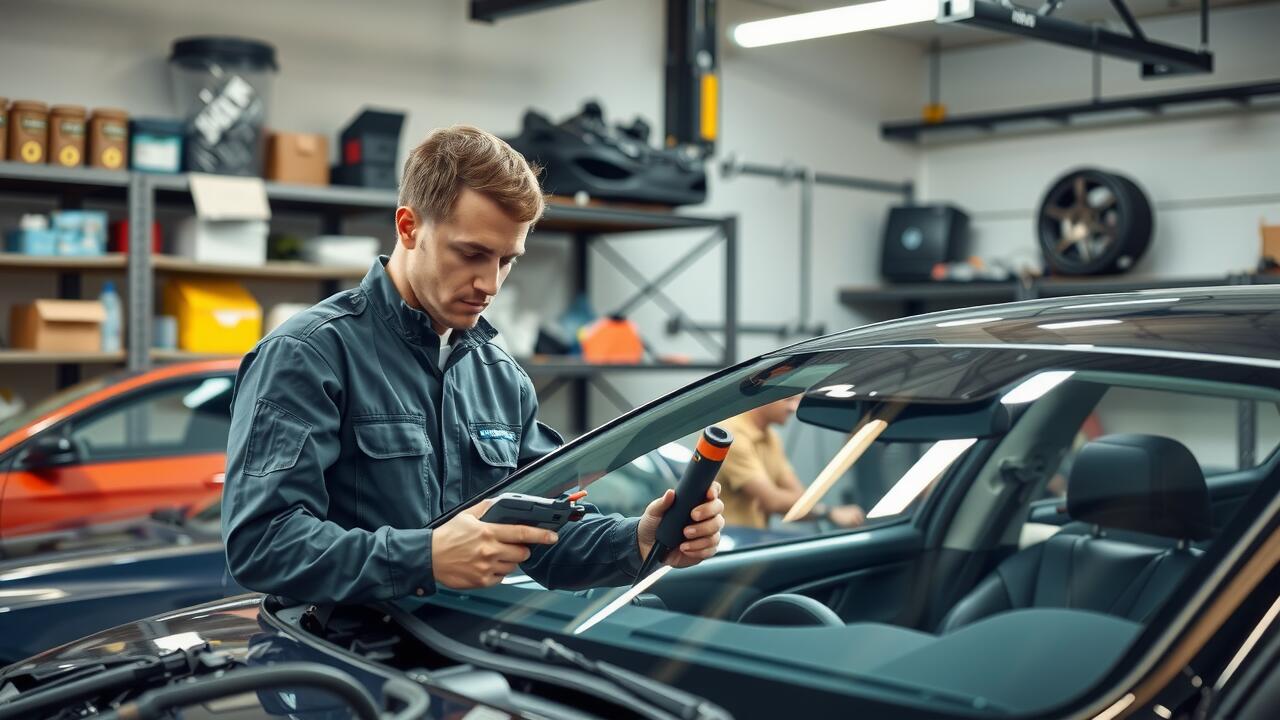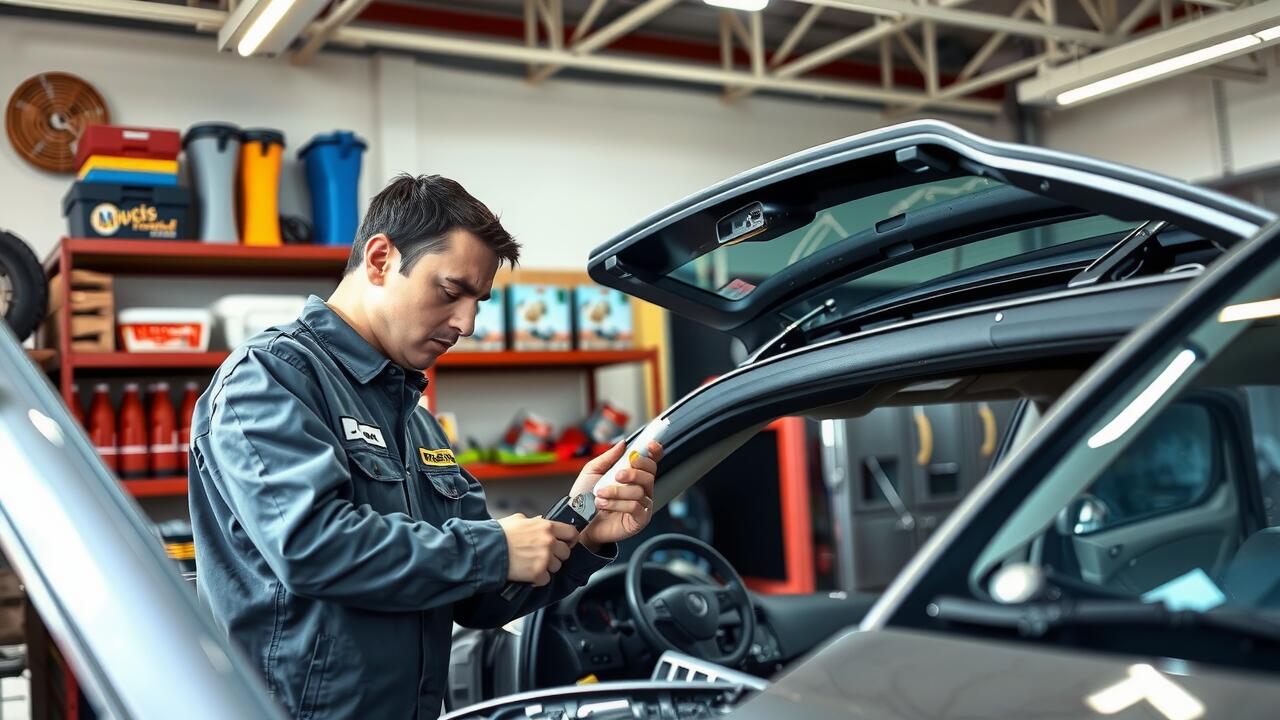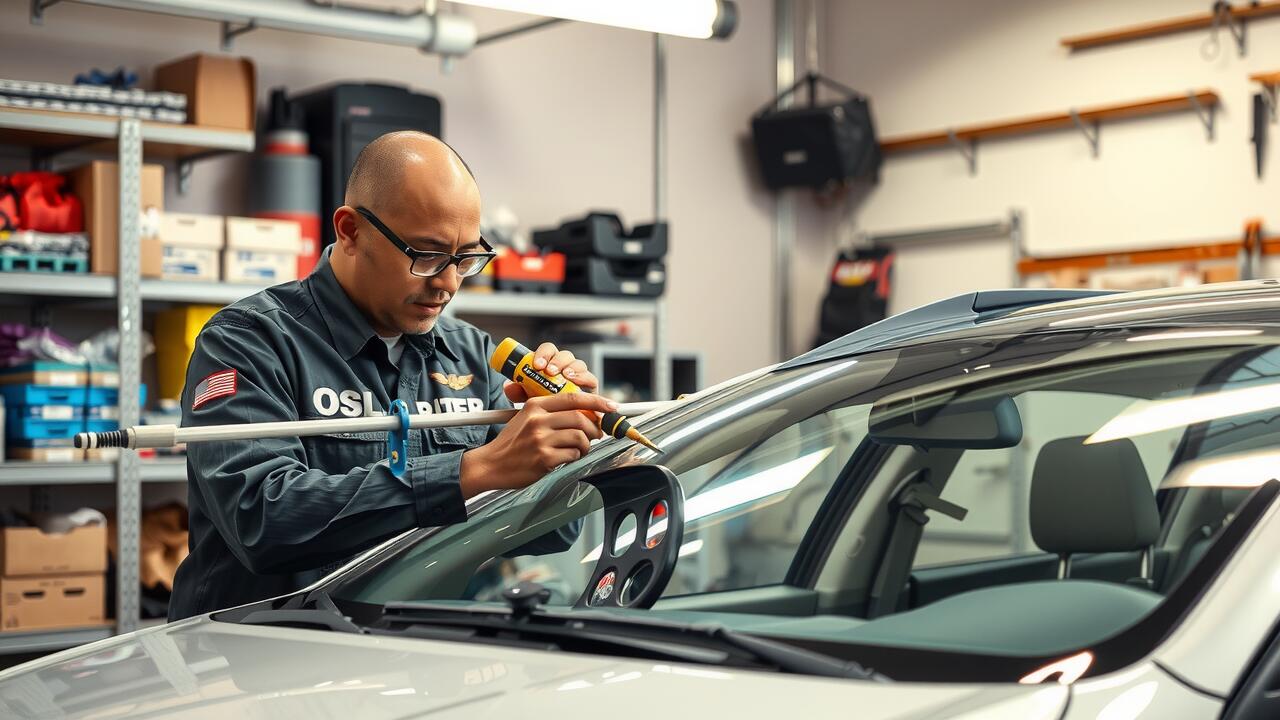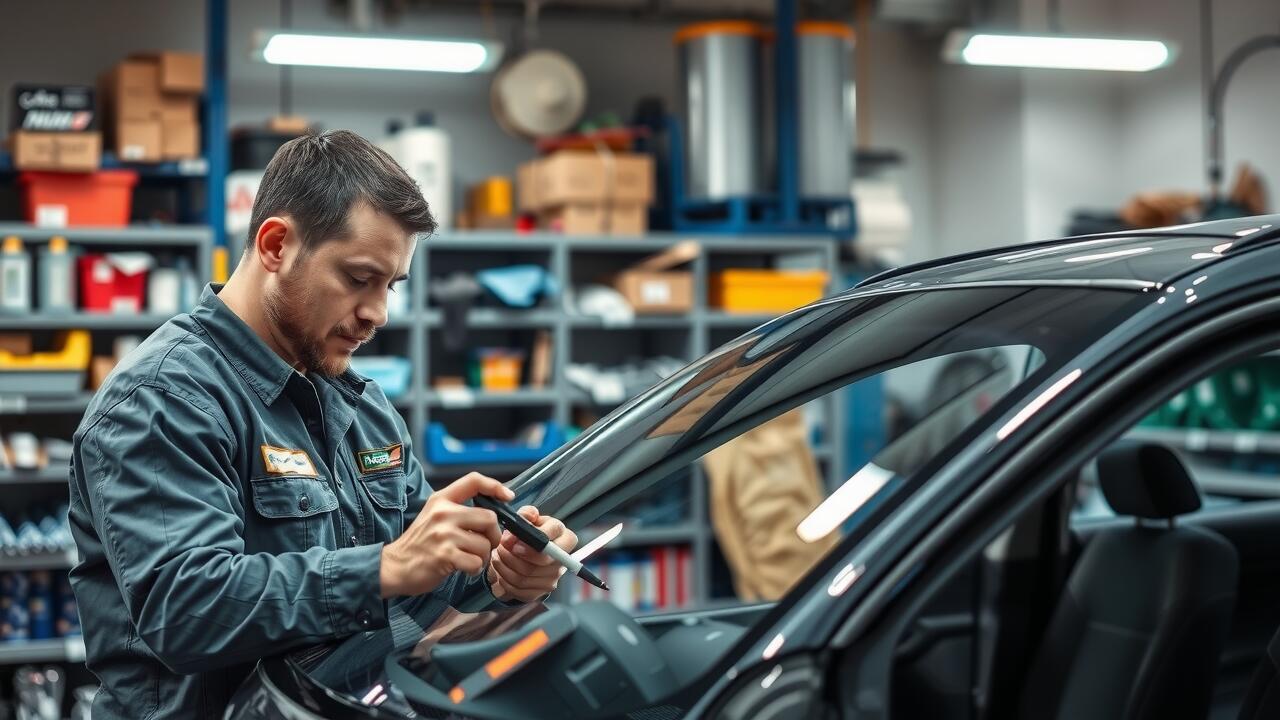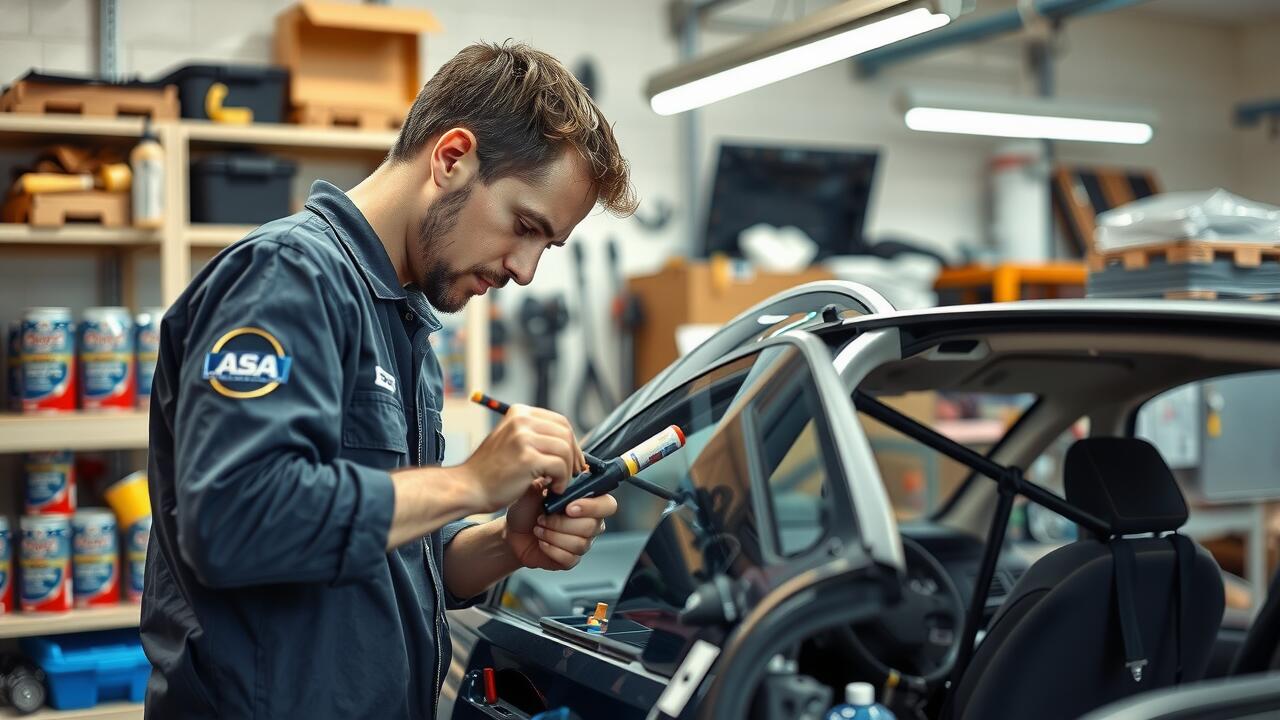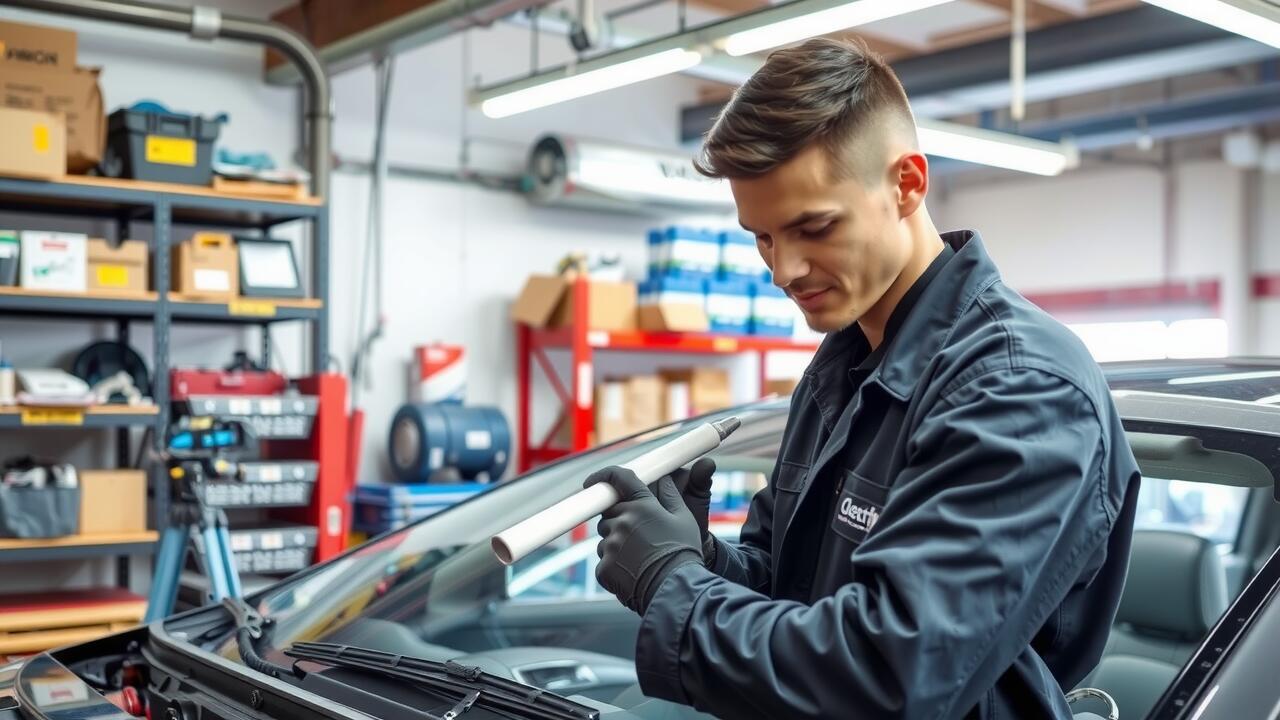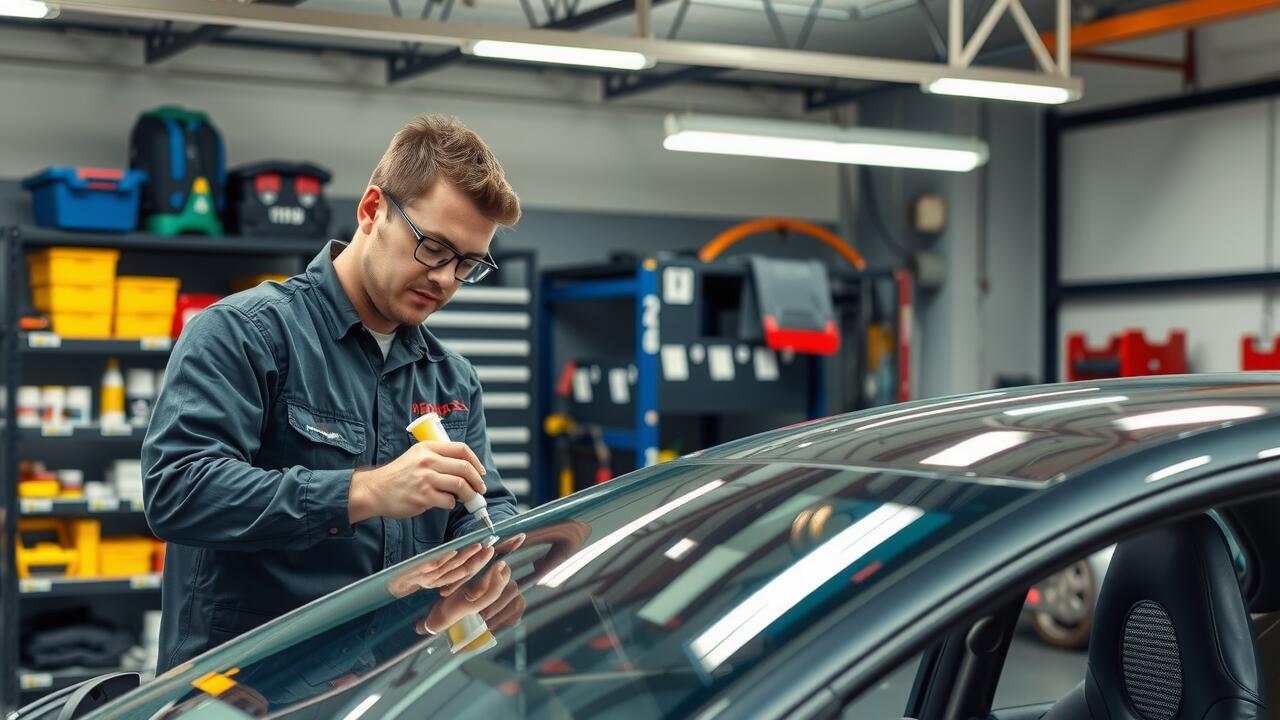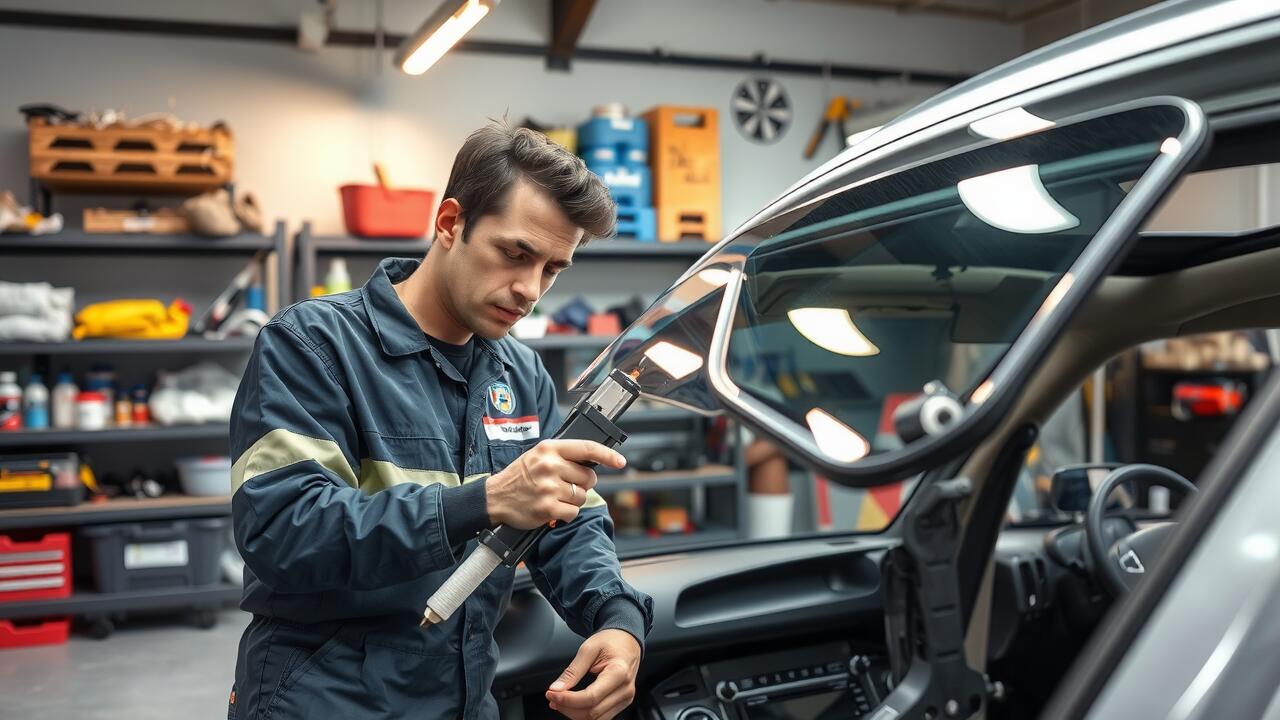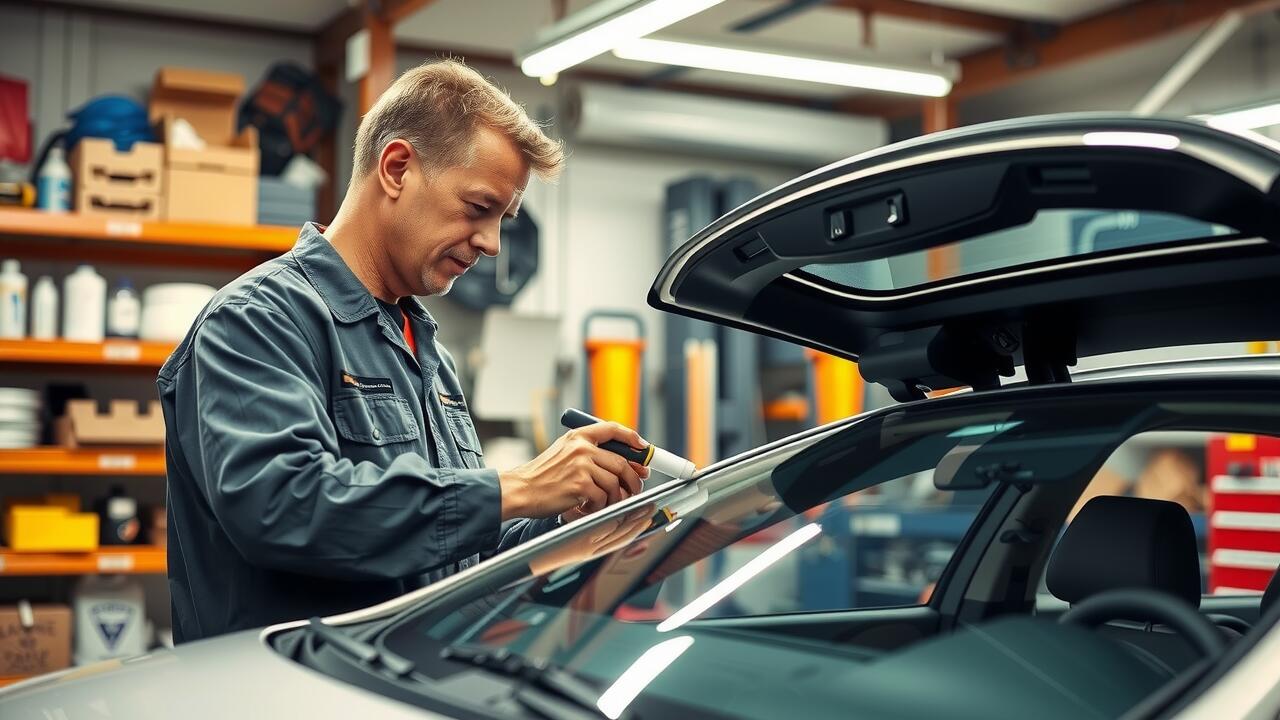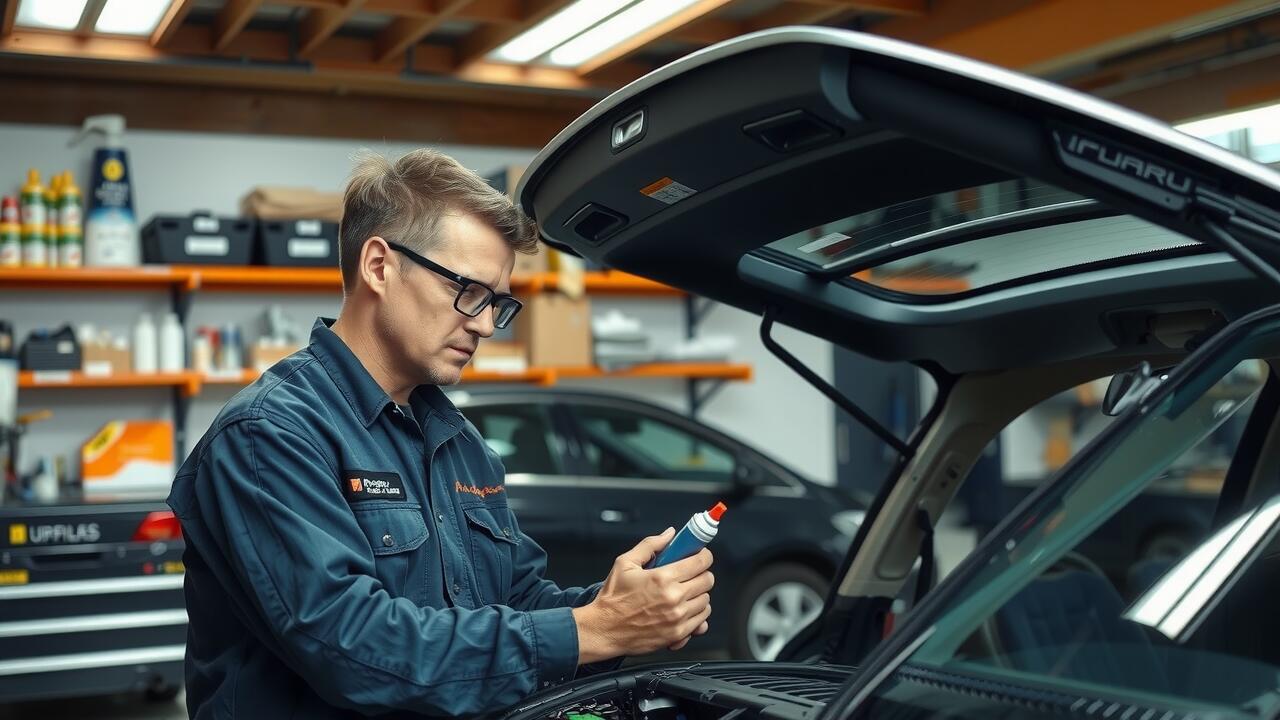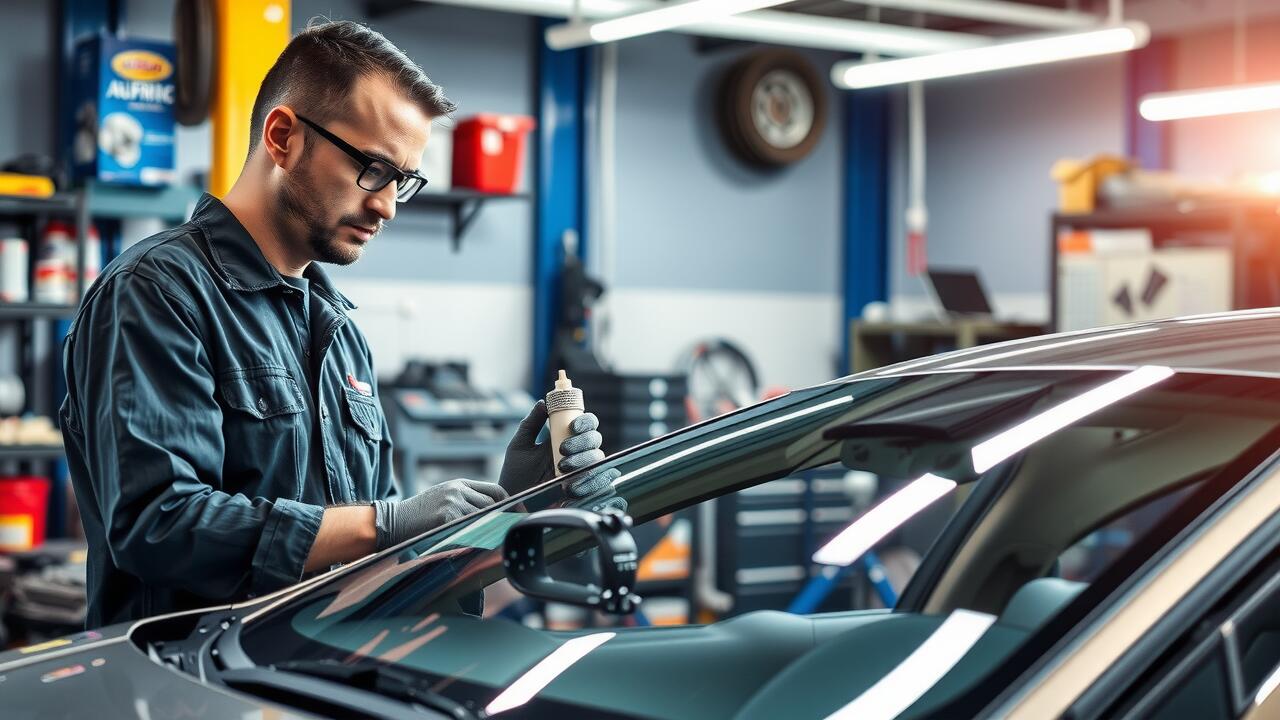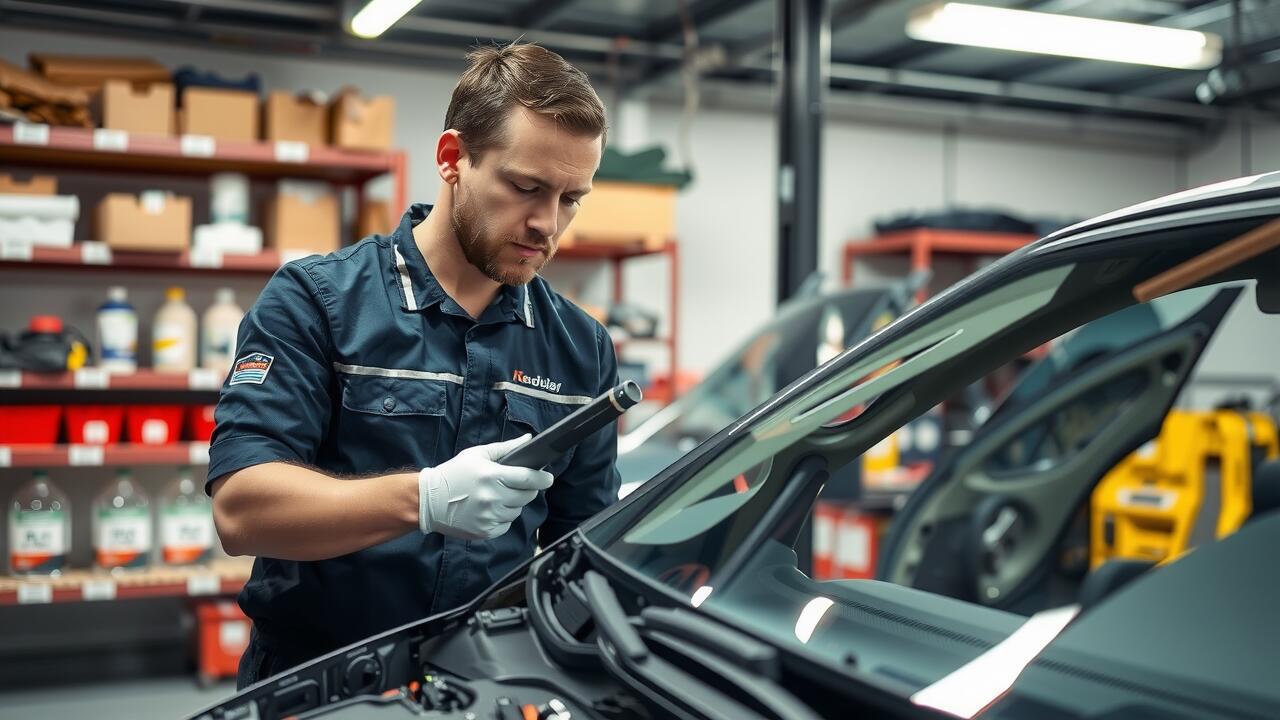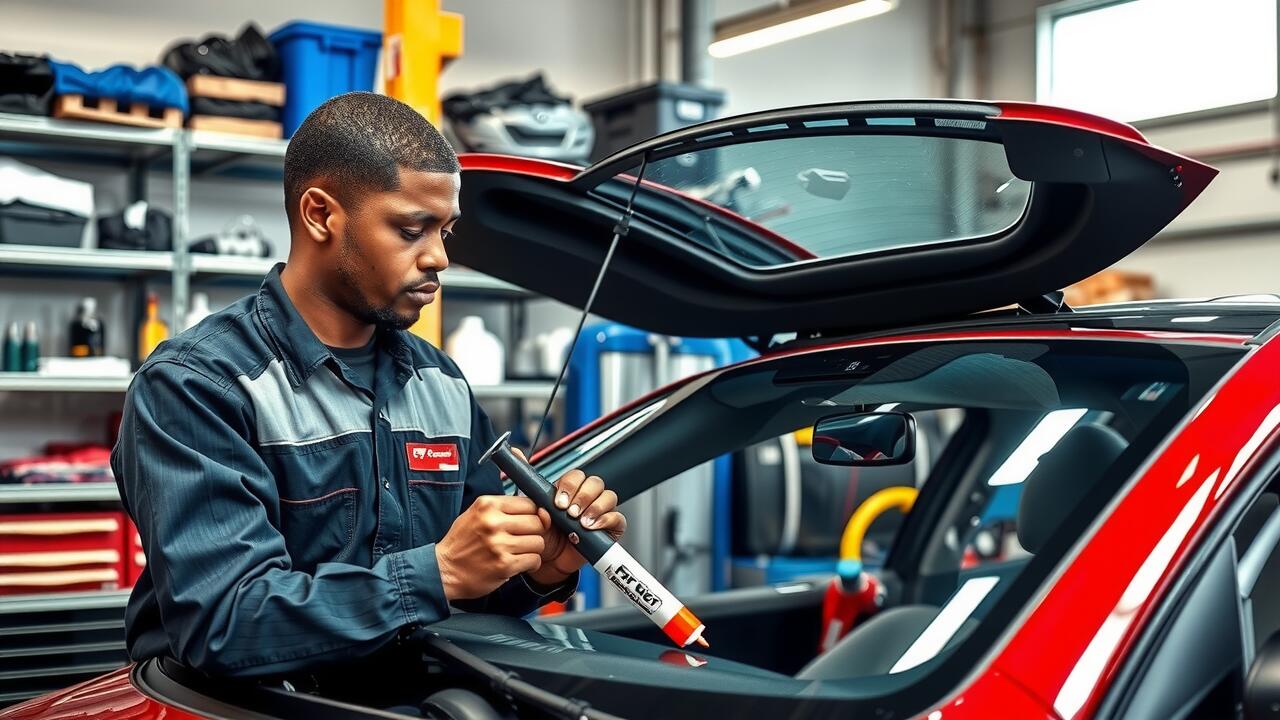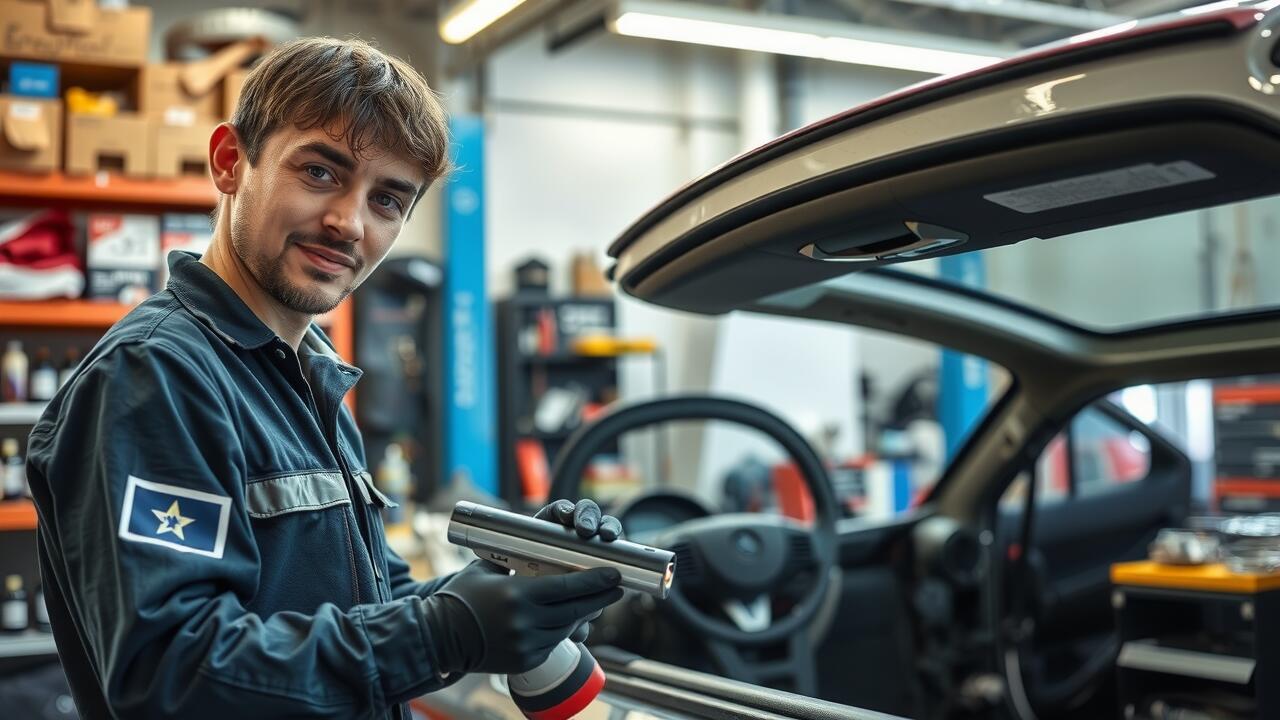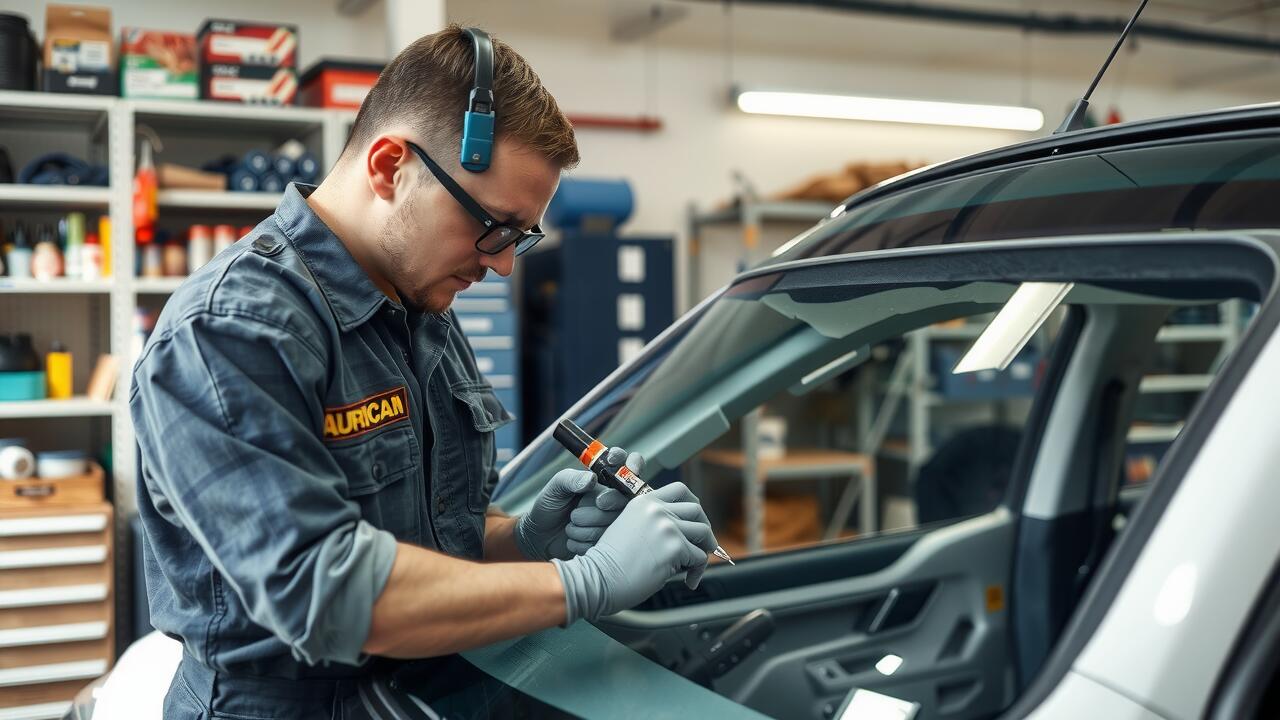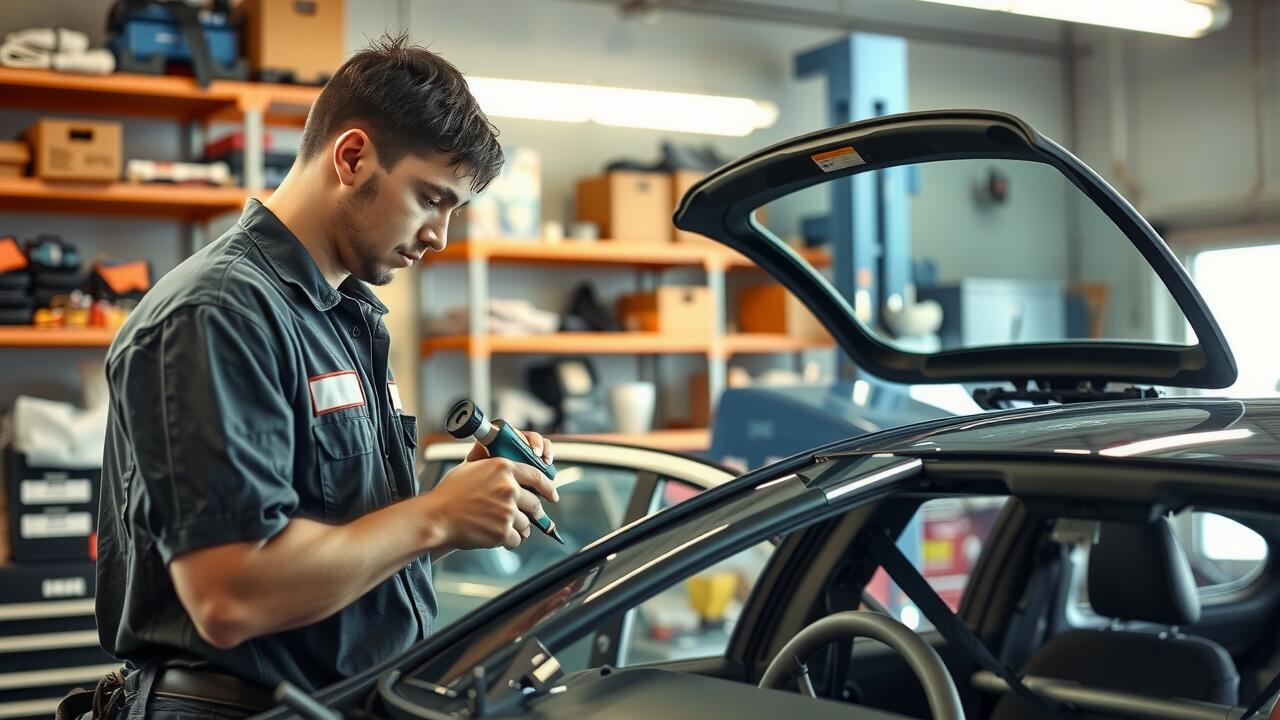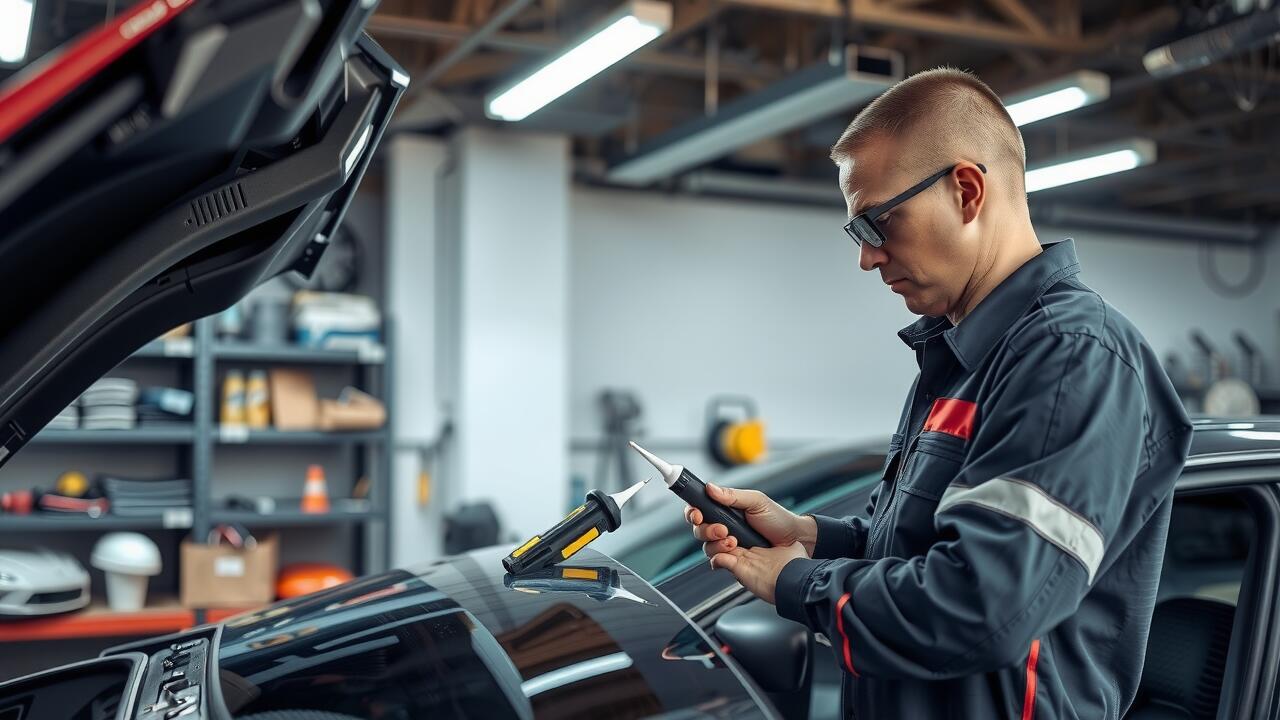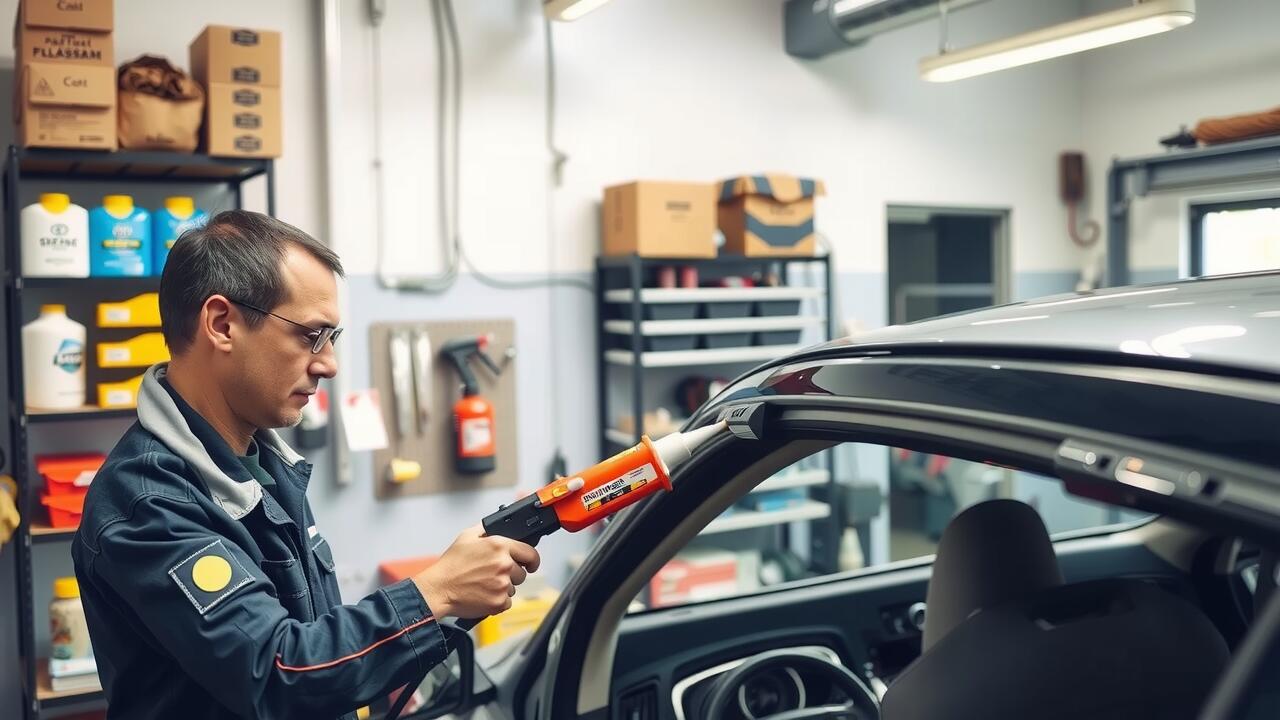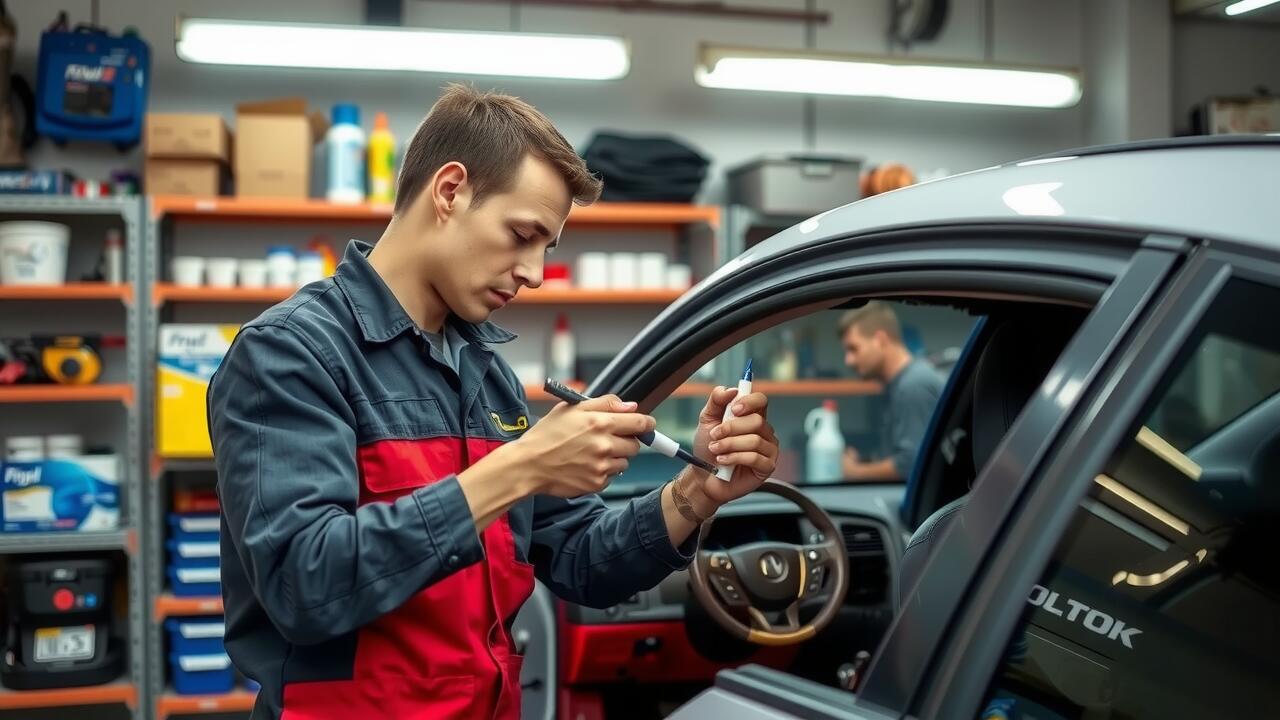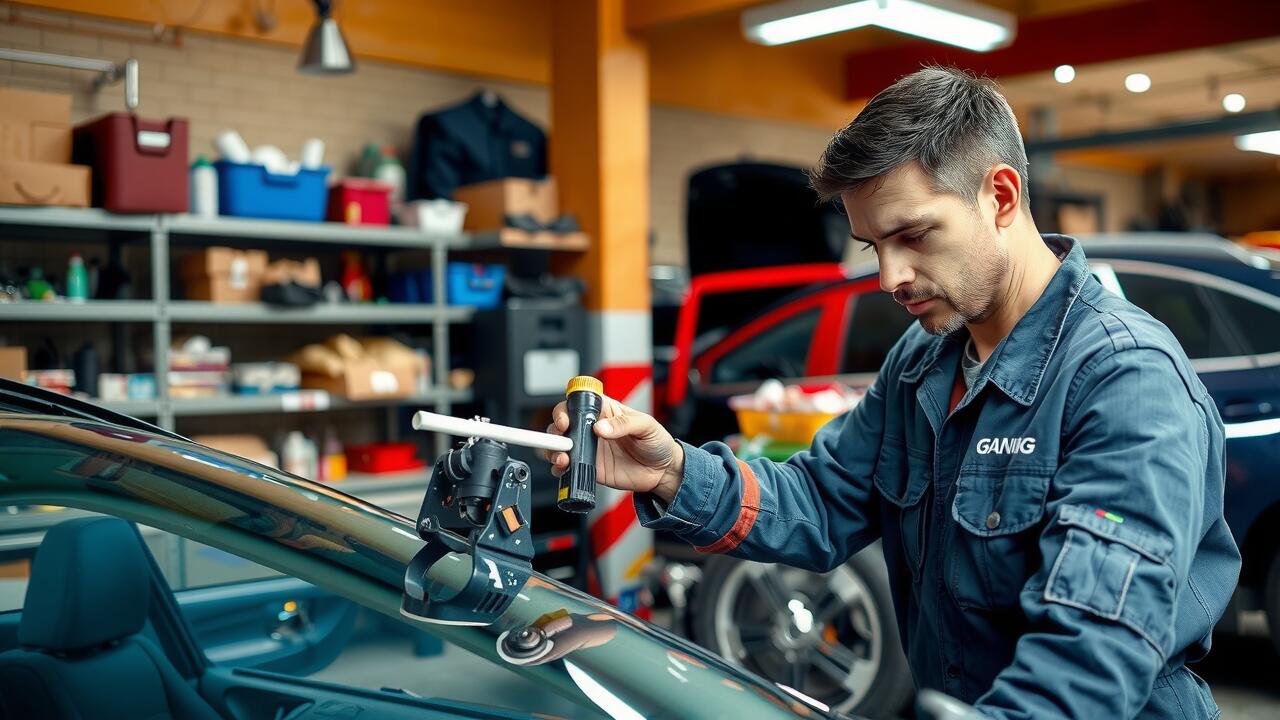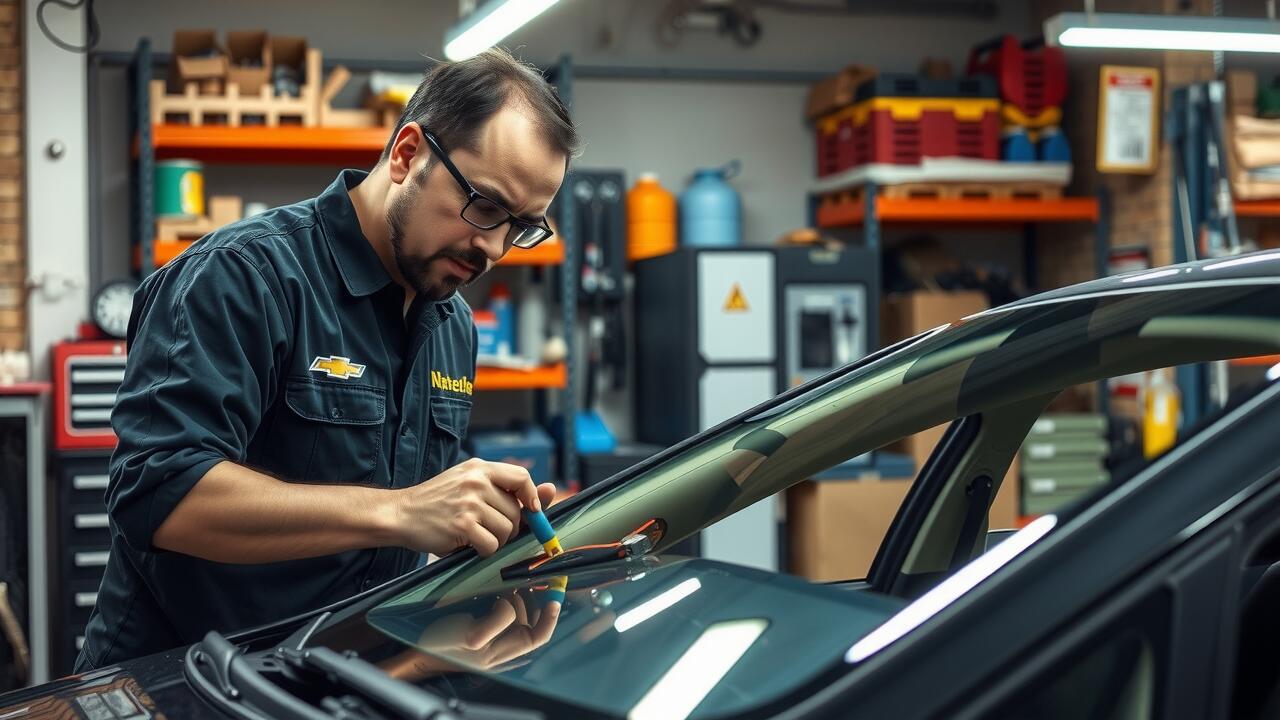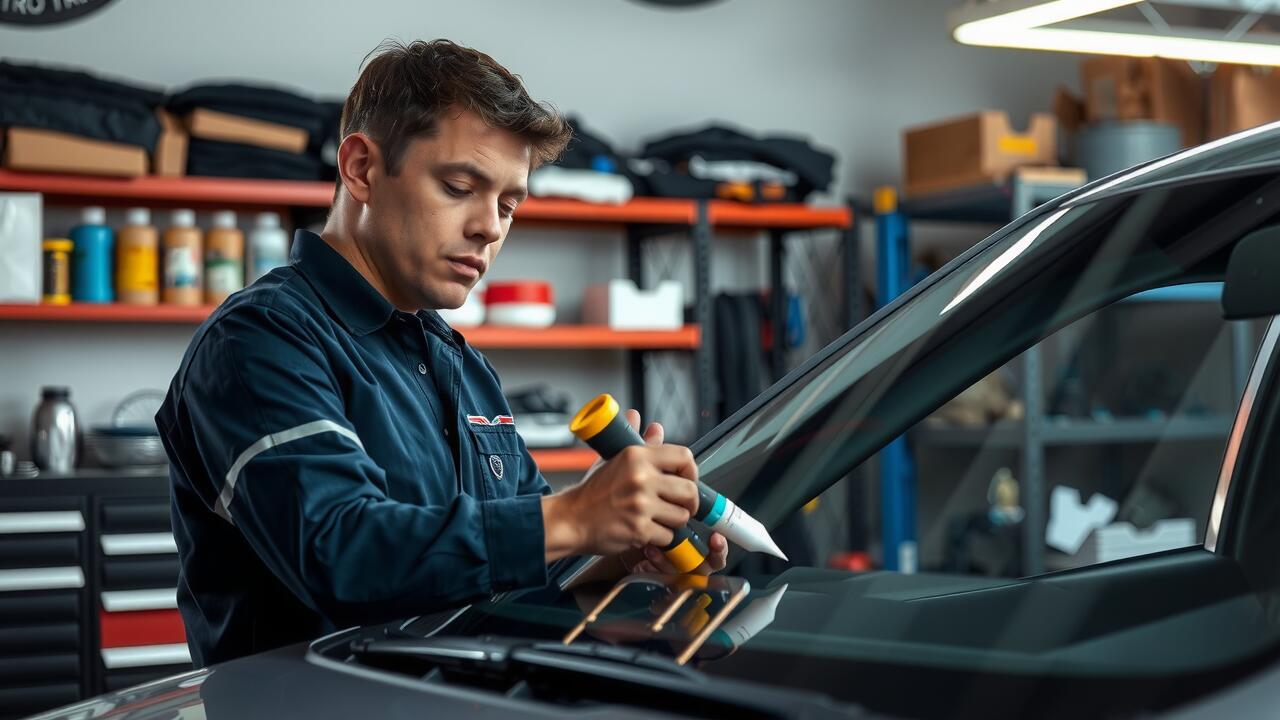
Table Of Contents
Customisation Options
Toyota has built a reputation for offering a wide range of customisation options to suit various customer preferences. While the absence of sunroofs might seem like a limitation, Toyota compensates by providing alternative features that cater to individual tastes. Customers can choose from a variety of accessories, such as different seating materials, multimedia systems, and exterior finishes. These options allow buyers to personalise their vehicles while ensuring that the core reliability and performance Toyota is known for remain intact.
For those who may desire the open-air experience that a sunroof provides, Toyota offers various aftermarket solutions. Sunroof replacement is one of these options, allowing customers to modify their vehicles after purchase if they choose. However, it is worth noting that these modifications may not have the same level of integration as factory-installed features. By emphasising reliable customisation alternatives, Toyota ensures that customers still have avenues to express their individuality without compromising the vehicle's overall performance and safety.
Alternative Features and Accessories
Toyota vehicles often provide a range of alternative features and accessories that cater to diverse customer needs. Options like enhanced audio systems, advanced navigation technology, and adaptable seating configurations ensure that drivers can customise their rides to attain both comfort and convenience. These features can enhance the overall driving experience while allowing owners to personalise their vehicles without the added expense or potential issues associated with a sunroof.
In addition to these alternatives, Toyota's focus on practicality means that replacing a sunroof with more functional accessories, such as roof racks or cargo carriers, is a popular choice. These replacements offer added utility for outdoor enthusiasts or families needing extra space. By prioritising features that enhance durability and usability, Toyota appeals to a broader audience that values reliability over aesthetic additions like sunroofs.
Reliability and Durability
Toyota has built a reputation for reliability and durability, often evident in the selection of features they offer. Sunroofs, while popular among some consumers, can introduce potential issues related to leaks and maintenance. By opting not to include sunroofs in many models, Toyota focuses on providing a more solid and dependable vehicle structure. This approach aligns with their commitment to producing vehicles that stand the test of time and typically require fewer repairs.
When considering long-term performance, the absence of a sunroof can contribute positively to a vehicle's overall integrity. With fewer components to potentially fail or require repairs, Toyota cars often enjoy lower maintenance needs. In scenarios where a sunroof might have been included, options for sunroof replacement usually come with additional costs and complications. By avoiding this feature, Toyota reinforces its strategy of simplifying vehicle maintenance and enhancing the longevity of their cars.
Long-Term Performance without Sunroofs
The absence of sunroofs in many Toyota models contributes to the long-term performance and reliability of these vehicles. With fewer intricate mechanisms and potential points of failure, Toyota designs focus on durability, ensuring that the essentials of safety and performance remain intact over time. Eliminating the need for sunroof maintenance also prevents issues related to leaks, noise, or structural integrity, which can impact performance in the long run.
Furthermore, opting for models without sunroofs can lead to reduced overall costs associated with repairs or replacements. Sunroof Replacement can be an expensive and time-consuming process, often avoided by many Toyota owners. By prioritising simpler designs, Toyota provides a dependable driving experience without the added complications that sunroofs may introduce. This strategic focus aligns with the brand's reputation for building vehicles designed to endure.
Comparison with Competitors
When examining the offerings of other automotive brands, it becomes evident that sunroofs are a more common feature in their models than in Toyota vehicles. Many competitors place a strong emphasis on luxurious features, including sunroofs, to attract buyers looking for a premium driving experience. Brands like Hyundai and Ford frequently include sunroof options across various models, allowing customers to customise interiors to their preferences. This approach caters to a market segment that prioritises aesthetics and modern conveniences, often overlooking how such features might impact reliability.
In contrast, Toyota maintains its focus on practicality, reliability, and long-term performance. While sunroofs can enhance the driving experience for some, they can also introduce potential issues, such as leaks or mechanical failures. By not including them, Toyota reduces the need for costly maintenance and sunroof replacement down the line. This strategic choice reflects the brand’s commitment to durability and customer satisfaction, appealing to those who may prefer a straightforward, dependable vehicle over additional luxuries.
How Other Brands Approach Sunroofs
Many automobile manufacturers incorporate sunroofs as a standard feature or as an optional extra for their vehicles. Brands such as Volkswagen and BMW often prioritise this feature, appealing to consumers who enjoy an open-air driving experience. These companies showcase various sunroof designs, including panoramic and retractable options, enhancing the appeal for potential buyers. In some cases, if a sunroof malfunctions or sustains damage, manufacturers offer a streamlined Sunroof Replacement service to maintain customer satisfaction.
Conversely, some brands focus on practicality and functionality, opting to forgo sunroofs altogether in certain models. For instance, vehicles designed with a robust emphasis on durability and off-road performance often limit, or entirely omit, sunroof options. This decision aligns with the brands' intentions to appeal to drivers prioritising reliability over aesthetic features. In these instances, traditional features and accessories are highlighted as the focal points, providing an alternative approach to vehicle design without the inclusion of sunroofs.
FAQS
Why don’t Toyota cars come with sunroofs as standard?
Toyota prioritises reliability and practicality in their designs, and sunroofs can add complexity and potential maintenance issues, which may not align with their brand philosophy.
Are sunroofs available as an option in any Toyota models?
Some Toyota models may offer sunroofs as part of specific trim levels or packages, but it varies by model and market, so it's best to check the specifications for each vehicle.
What are some alternative features Toyota offers instead of sunroofs?
Toyota focuses on providing features such as large windows for better visibility, advanced climate control systems, and panoramic roofs in certain models, which can enhance the overall driving experience without the need for a traditional sunroof.
How does the absence of a sunroof affect the reliability of Toyota vehicles?
By not including sunroofs, Toyota reduces the potential for leaks and structural issues, which contributes to the long-term reliability and durability that the brand is known for.
How do Toyota's competitors handle sunroofs in their vehicles?
Many competitors offer sunroofs as standard or optional features across a wider range of models, appealing to customers who prioritise this feature for aesthetic and functional reasons.

